You will probably get a more shapely behind
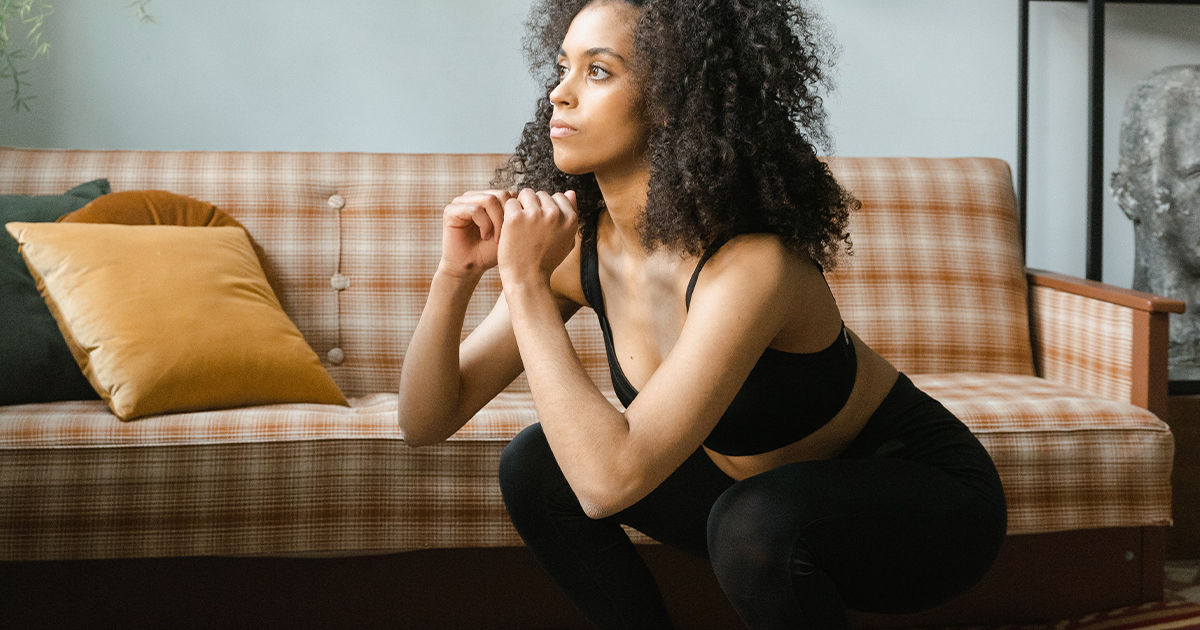
One of the most commonly noted benefits of squats is that they tend to result in a rounder, firmer butt, which is deemed desirable by contemporary beauty standards. Strong glutes aren’t simply of aesthetic value, however; increased strength in those muscles will help with walking, running, jumping and more besides.
Your running speed will improve

If you’re a keen runner looking to increase your speed, you need to be doing squats. As the exercise builds strength in your calves, thighs and glutes, it’s likely to leave you with more explosive power, helping you sprint faster and improving your endurance on challenging uphill stretches.
Your posture will improve
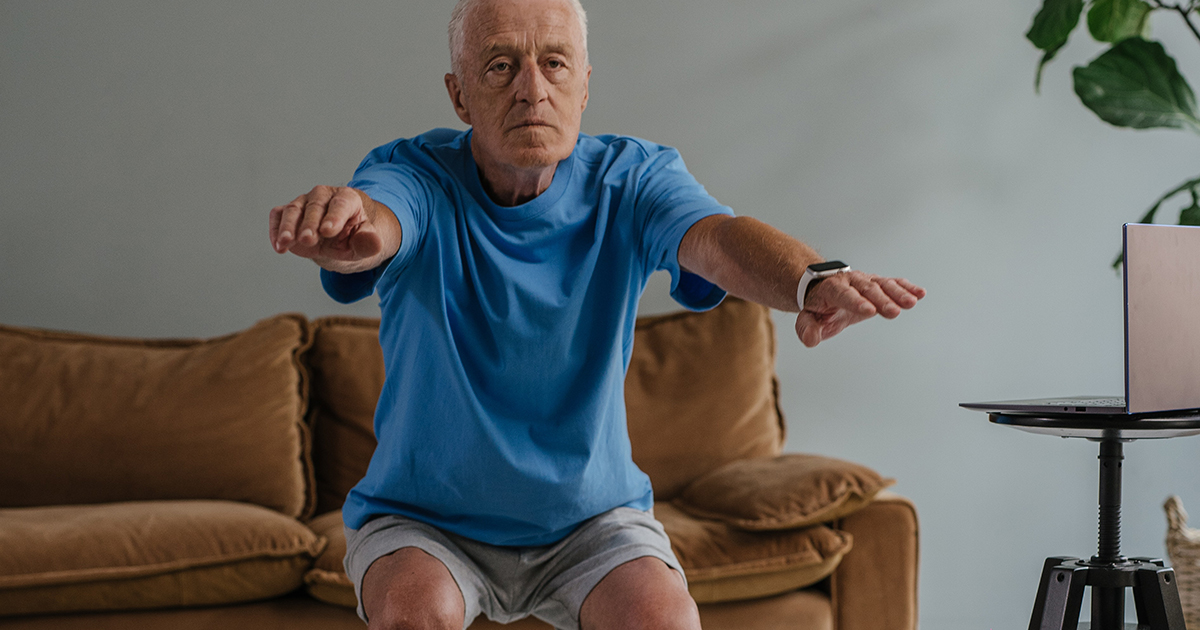
Weakness in the back, the neck and the knee joints often leads to pain in those areas as we age. This is exacerbated by slouching and poor posture. Squats can help avoid this, as the exercise helps strengthen the joints and encourages strength in the spine.
You will have a stronger core
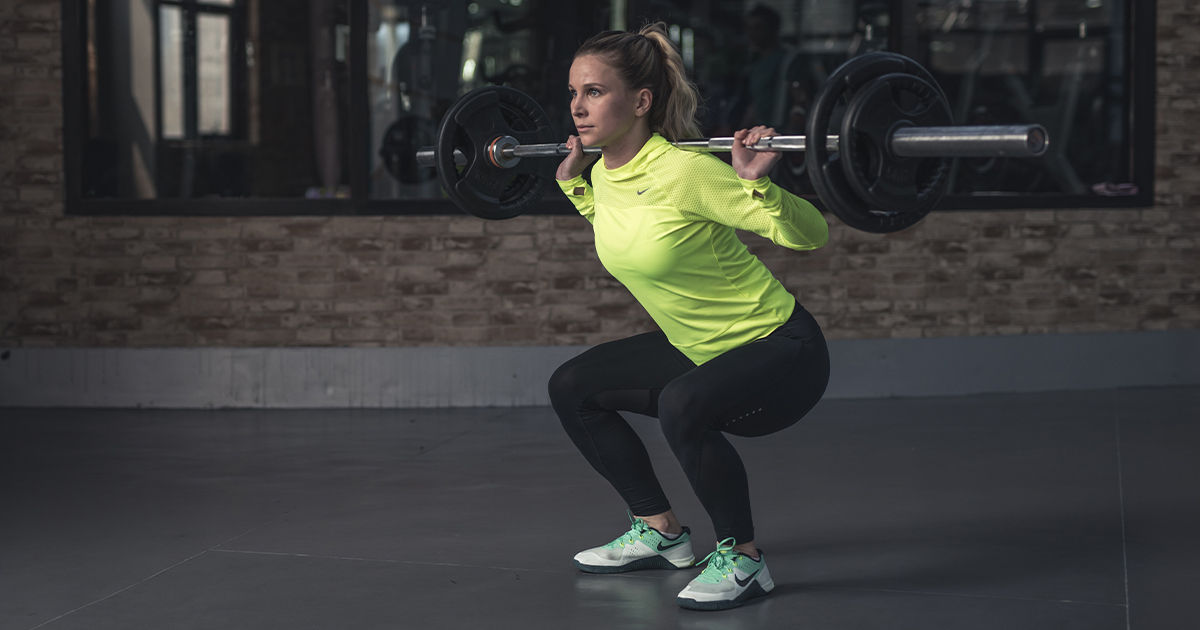
The lower body may be the primary focus of squats, but other parts of the body will benefit. Back squats in particular will bring the core into play, and studies have shown that performing this move will lead to increased strength in the abs and lower back, helping to increase flexibility and reduce pain and stiffness in that often troublesome region.
Your lower body will become stronger
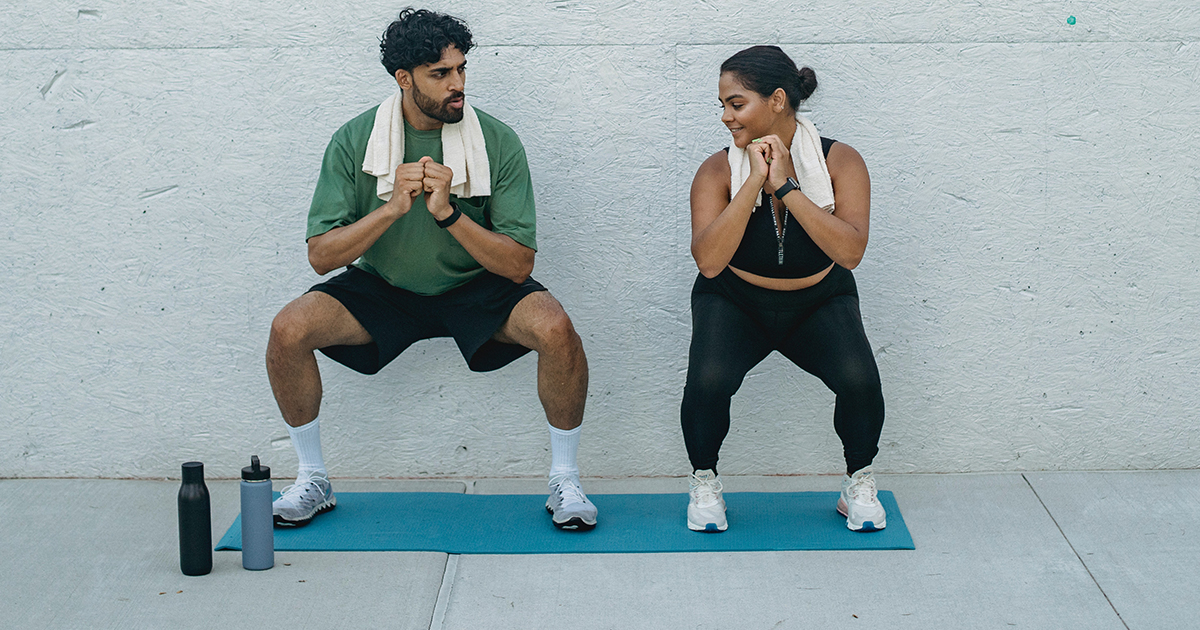
Some of the key muscle groups that come into play when we do squats include the quadriceps (the front of the thigh), hamstrings (the back of the thigh), the hip flexors and the calves. It naturally follows that those who perform squats regularly tend to wind up with stronger lower bodies than those who do not.
You will burn more calories
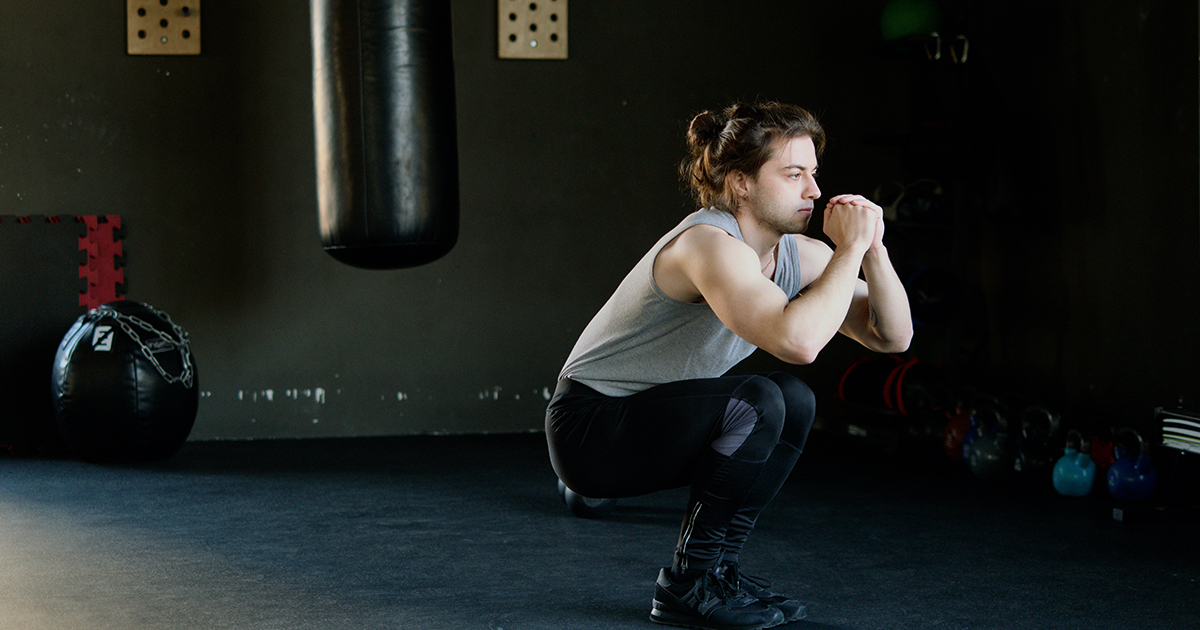
Squats make use of a great many muscle groups at once, and one of the key benefits of such exercises is an increase in calorie burn. As a general rule of thumb, the more muscles that are working, the more calories your body will burn through, meaning squats should be a key component of any workout routine.
You will gain muscle
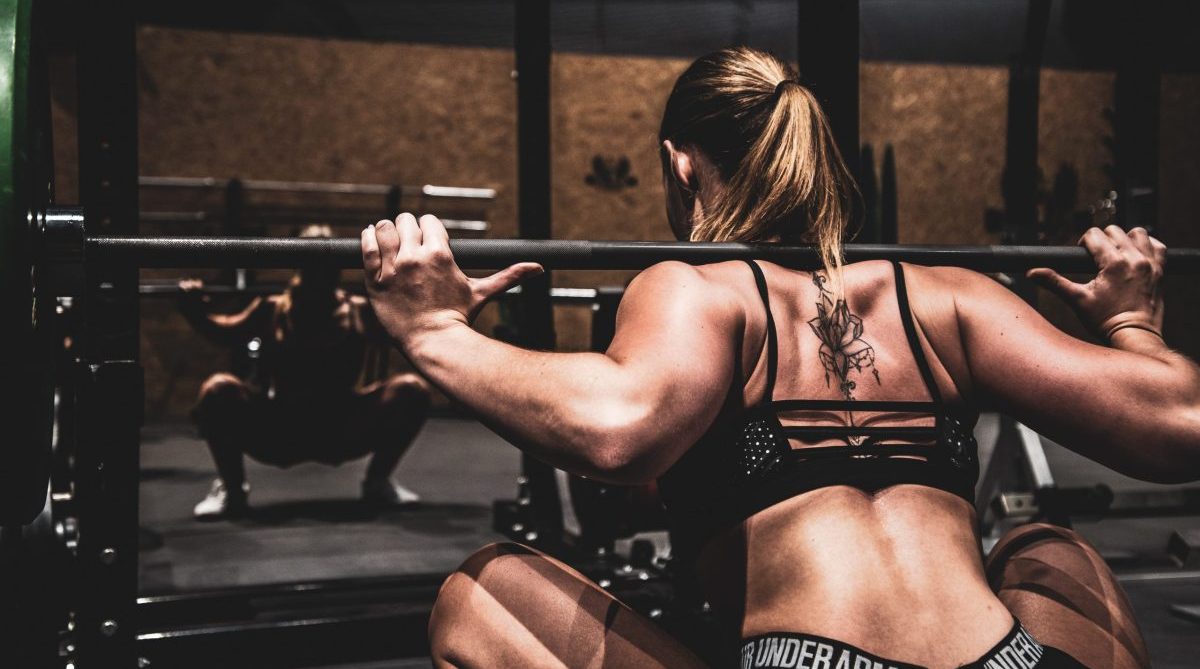
When you do squats, you’re not only toning your legs but also building muscle all over your body. Squats work your hamstrings, quadriceps, adductor muscles, hip flexors and buttocks, and are a great daily exercise for toning your thighs and calves. Although they won’t make you look like Arnold Schwarzenegger, you’ll definitely notice an improvement in the shape of your legs.
Your bones will become stronger
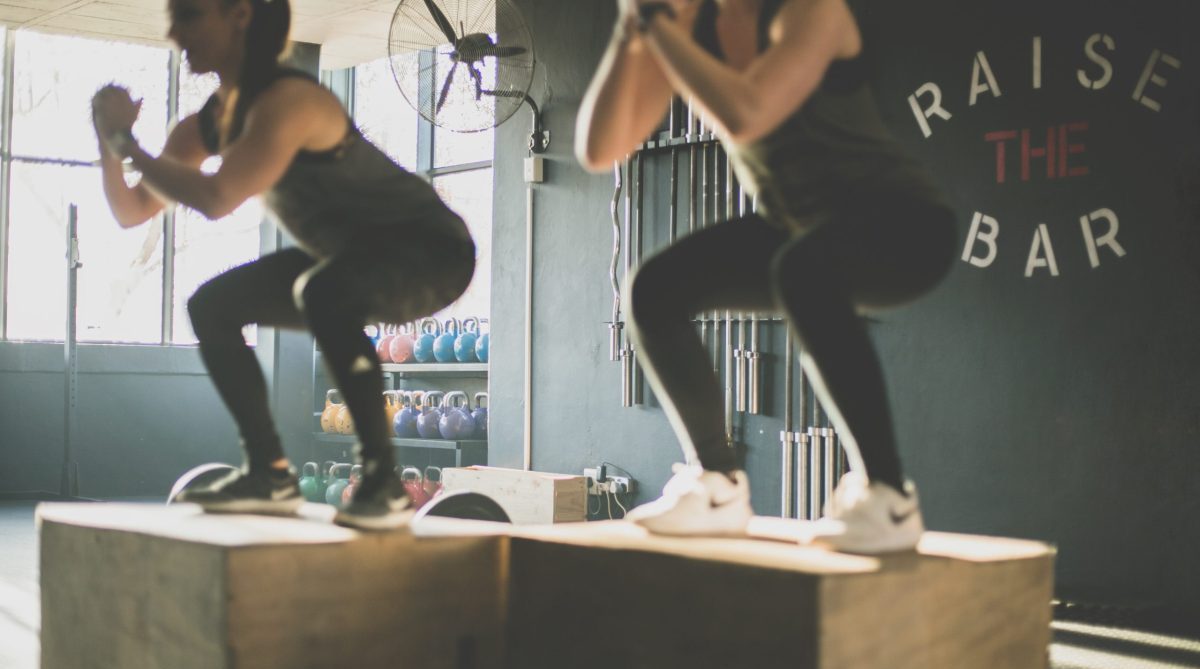
If you want to strengthen your bones and lower your risk of osteoporosis, try doing squats. Squats are a weight-bearing activity that puts stress on the hips and legs – two areas where bone density tends to decrease as you age.
Squatting can help your digestion
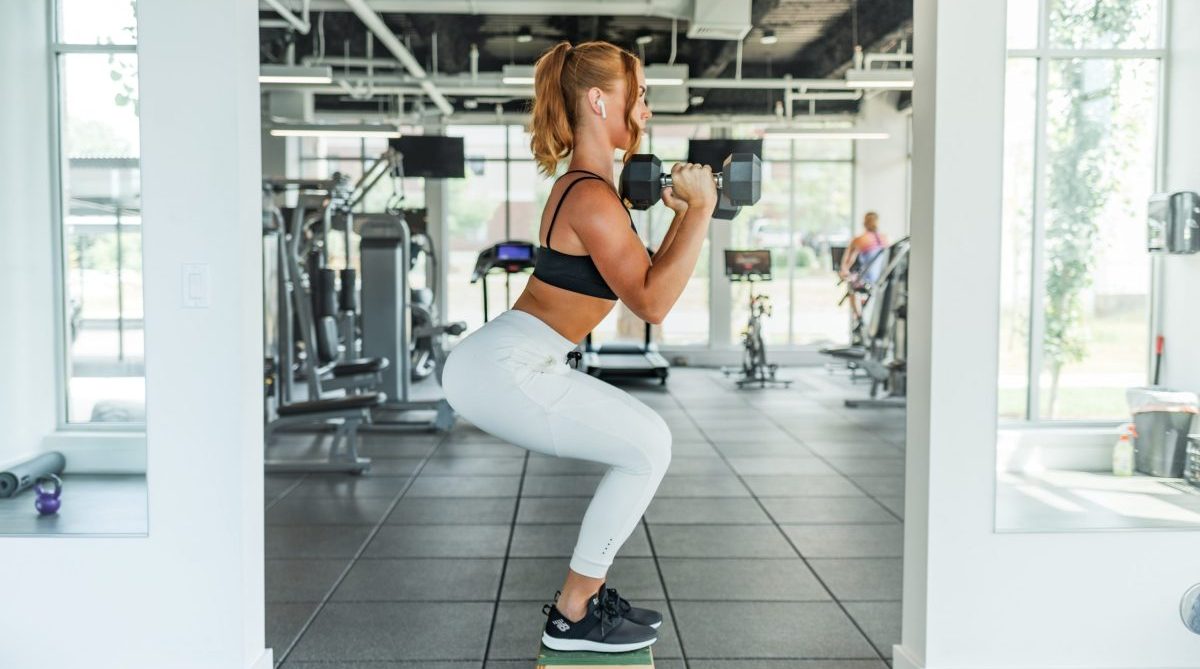
Squatting can help with digestion. As you know, your body has a digestive system that includes a stomach and intestines that break down food before it leaves your body as excrement. Squats can help with digestion by putting pressure on your internal organs and aiding the movement of food through your body.
They can reduce cellulite
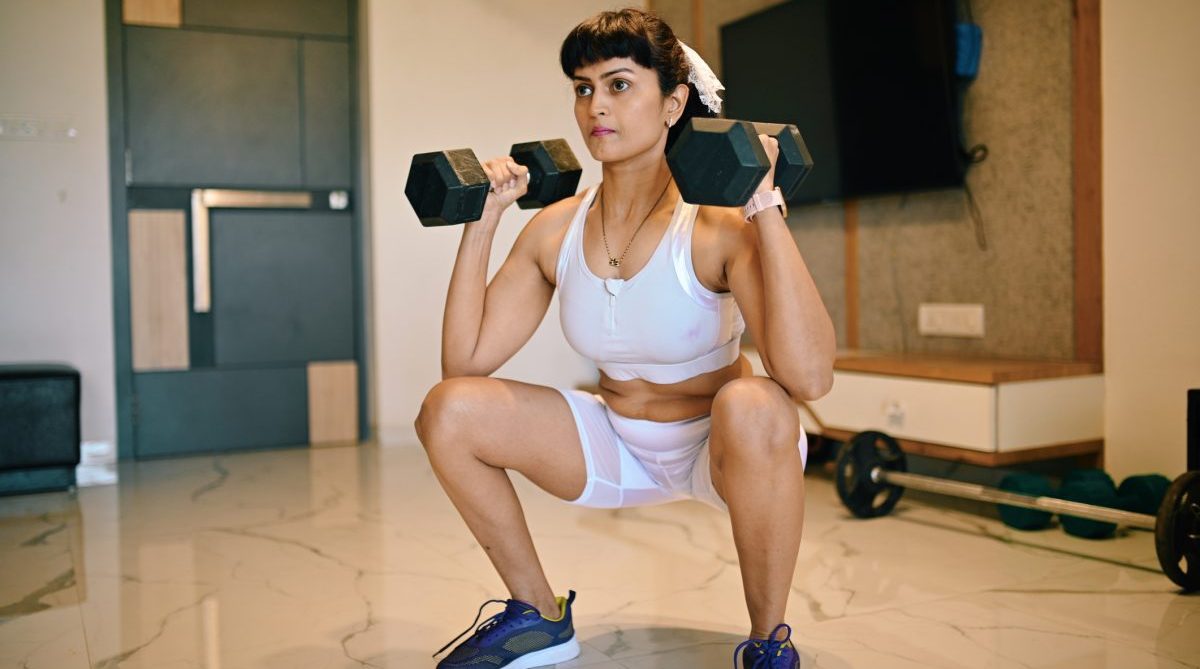
If you want to reduce (or get rid of) cellulite, you could try squats. Squats improve circulation, which is one of the main causes of cellulite. Even if you don’t have cellulite, squatting can still help improve blood flow to your legs. Poor circulation can cause a ton of side effects including numbness and tingling in your hands and feet.
You will reduce your risk of injury
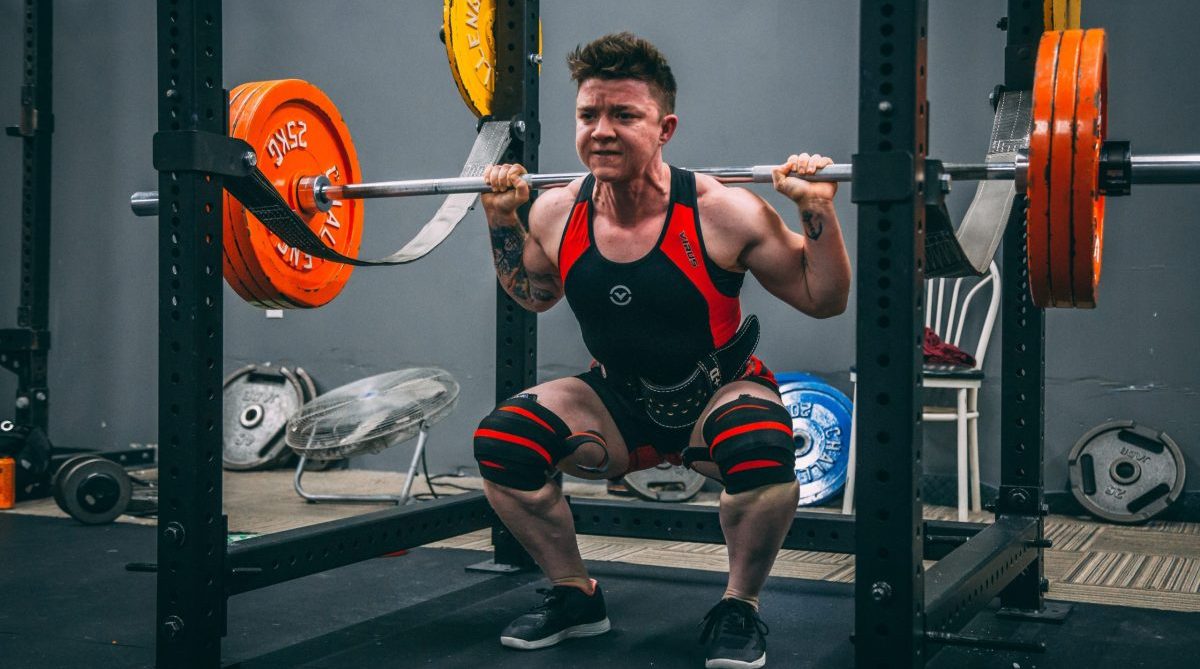
By strengthening the muscles in your lower body, you’ll be able to move more efficiently and engage in full-body movements with greater ease. Not only will squats help strengthen your muscles, but they also help strengthen your bones and ligaments – all of which may reduce your risk of injury.
Your mobility will improve
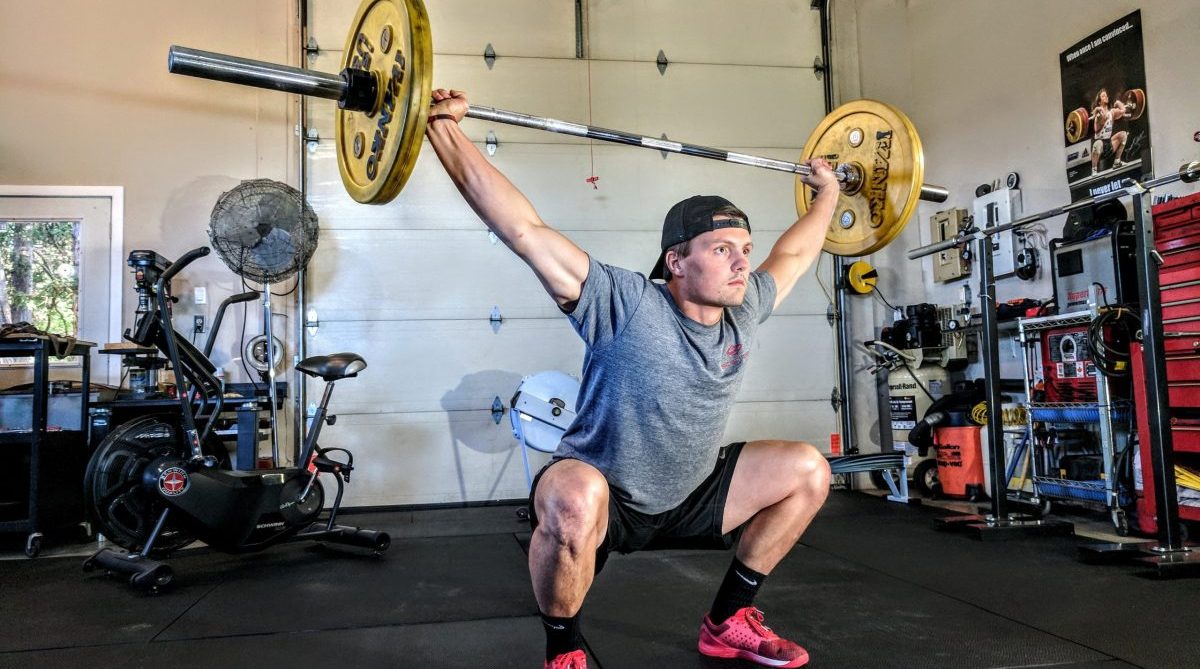
Squats are a functional exercise that can help you develop leg strength and mobility, which may make it easier for you to get up off the floor. Studies have found that your ability to sit and rise from the floor is a good predictor of whether or not you will die early.
You will be able to jump higher
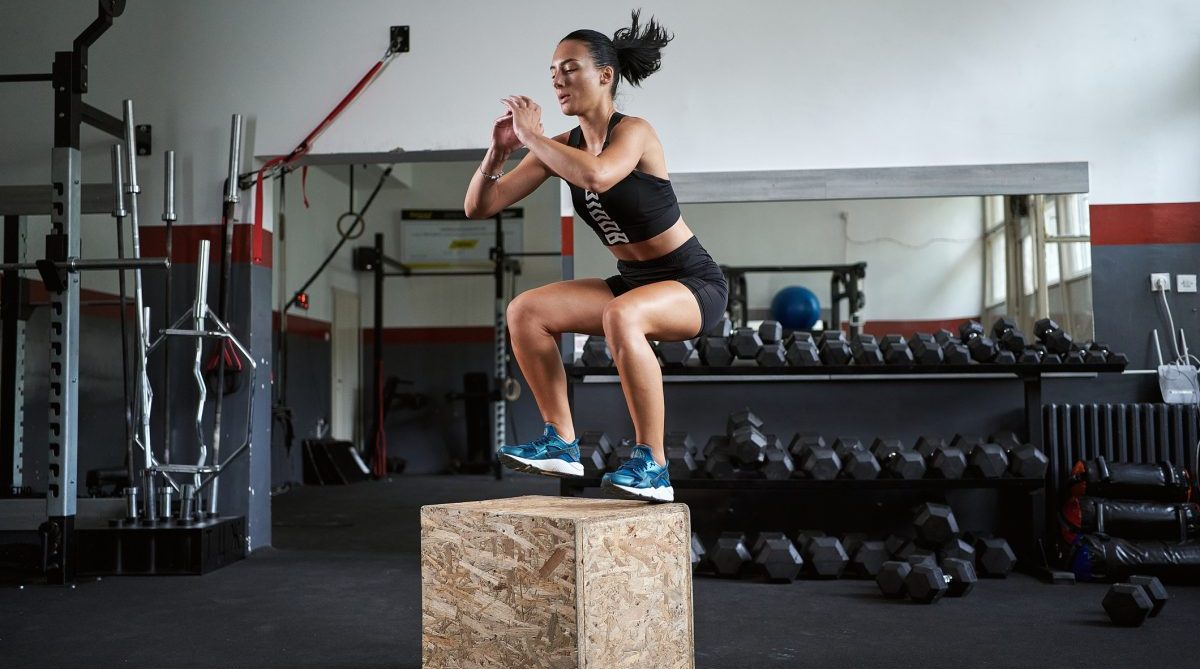
Squats make us better jumpers by strengthening the lower body, which means we can produce more power. A study published in 2012 analyzed 59 participants and their vertical jump. The researchers found that a ten-week workout program incorporating deep full squats increased the participants’ ability to develop force, which improved their vertical jump.
Your joints will become stronger
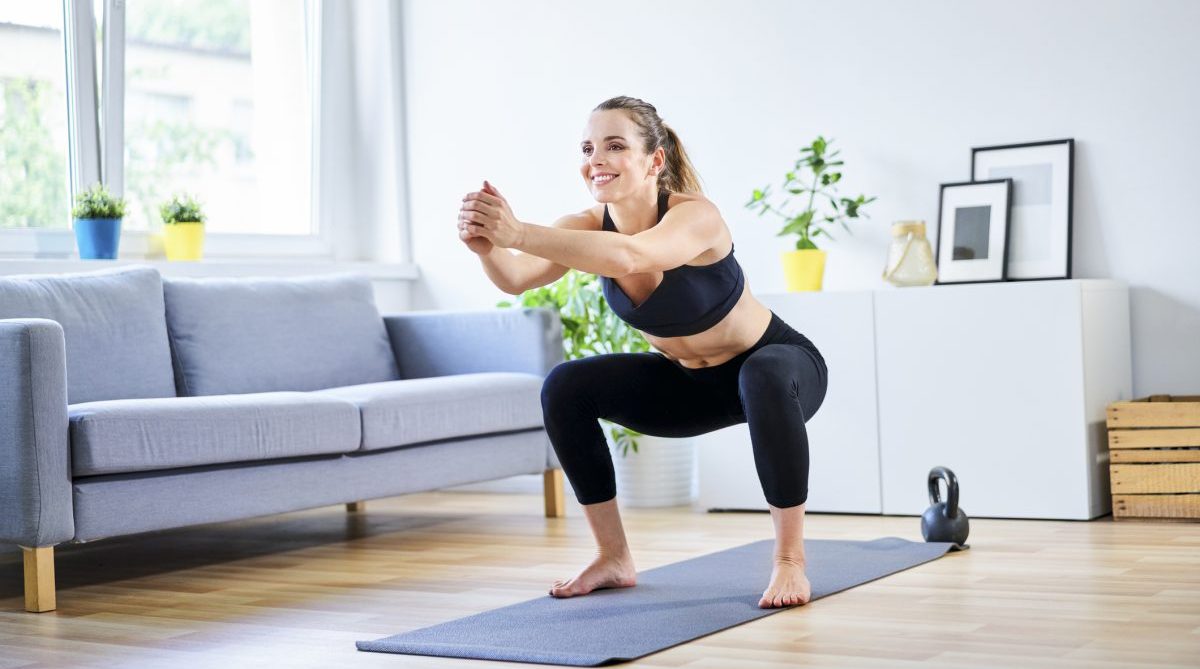
If you want to keep your joints healthy, do exercises that use them. Squats are great for strengthening and building the muscles, bones and ligaments that make up our knees. The more you squat, the stronger and healthier your joints will be.
Squats can boost hormone production
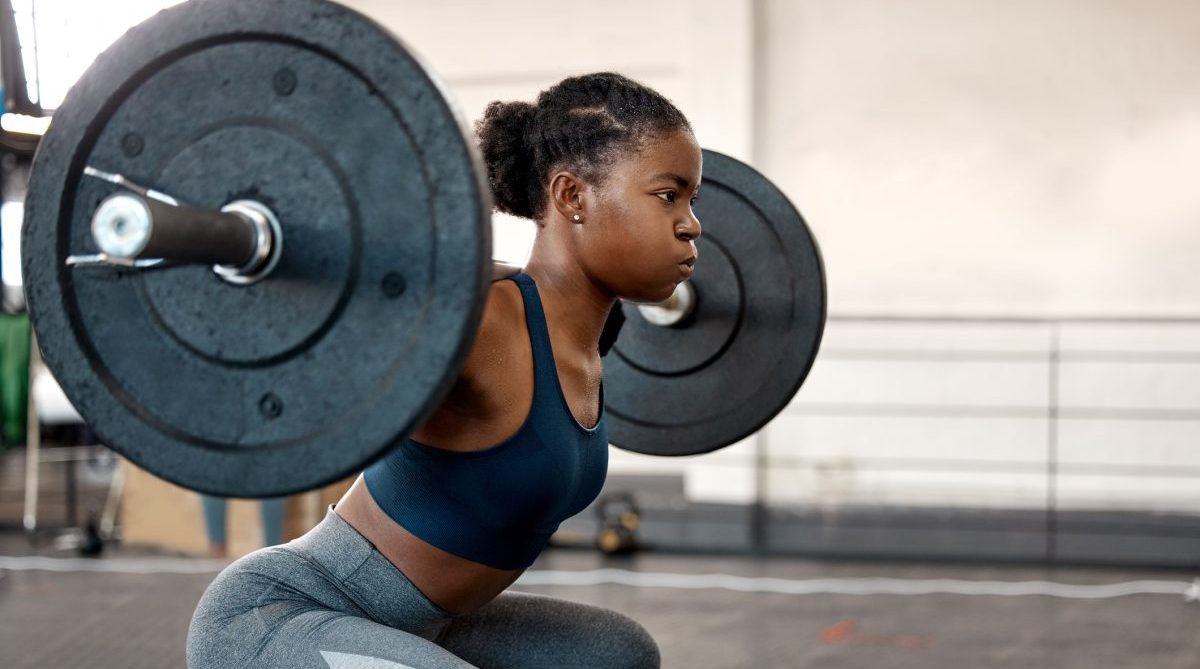
Evidence suggests that squats can help us naturally produce testosterone and growth hormone. Researchers are still unclear about why this happens, but a popular theory is that it’s due to the stress of highly demanding movements and forces, like those created by lifting heavy weights.
You will become more flexible
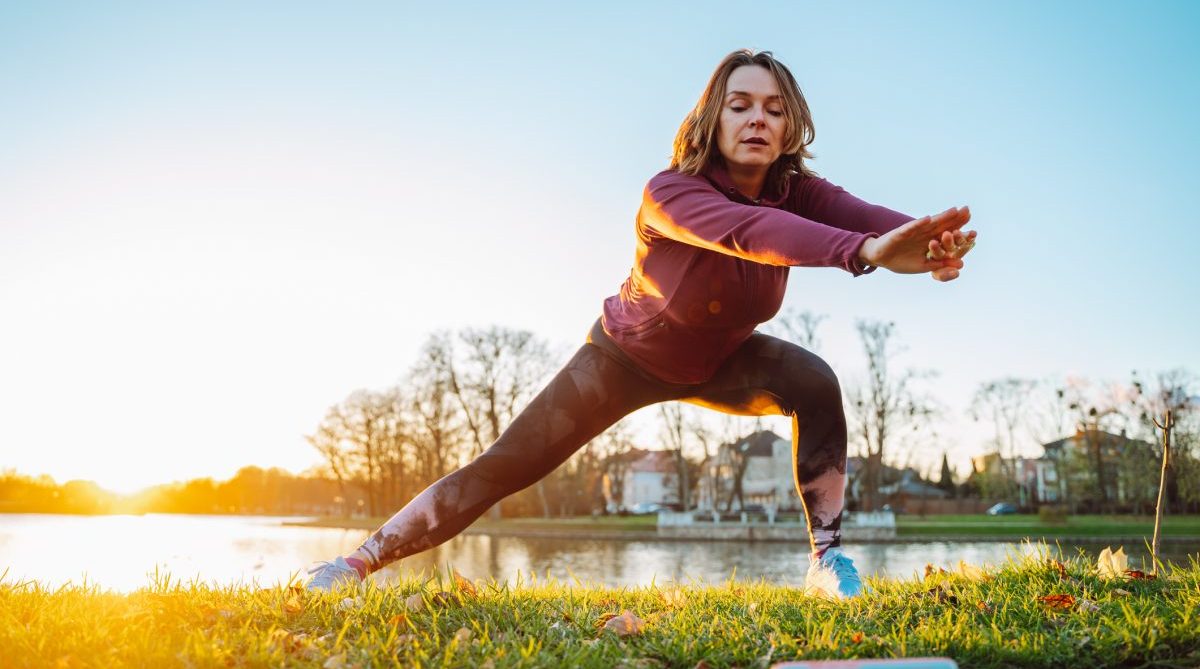
As you squat, your lower body works hard. This is because you need to balance your weight on your feet and knees, while keeping your back straight. As we get older, we lose elasticity in our tendons, muscles and ligaments. But Harvard Medical School reports that stretching your hamstrings by doing squats can help keep them flexible.
Your balance will improve
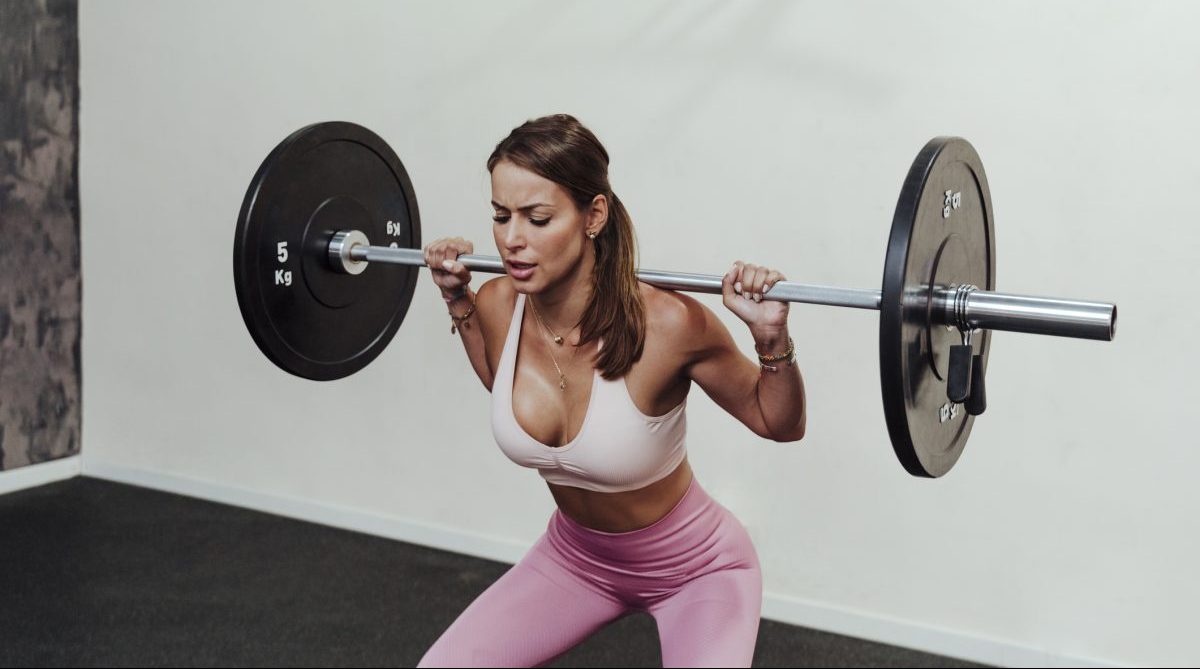
Squats are great for building leg strength, but they also work your abs and back. Your body has to work hard to keep you from falling over while you’re doing them, which makes these muscles stronger than ever. If you want to be able to walk without a cane or walker when you’re older, it’s important to work on your balance and stability now.
You will have better body composition
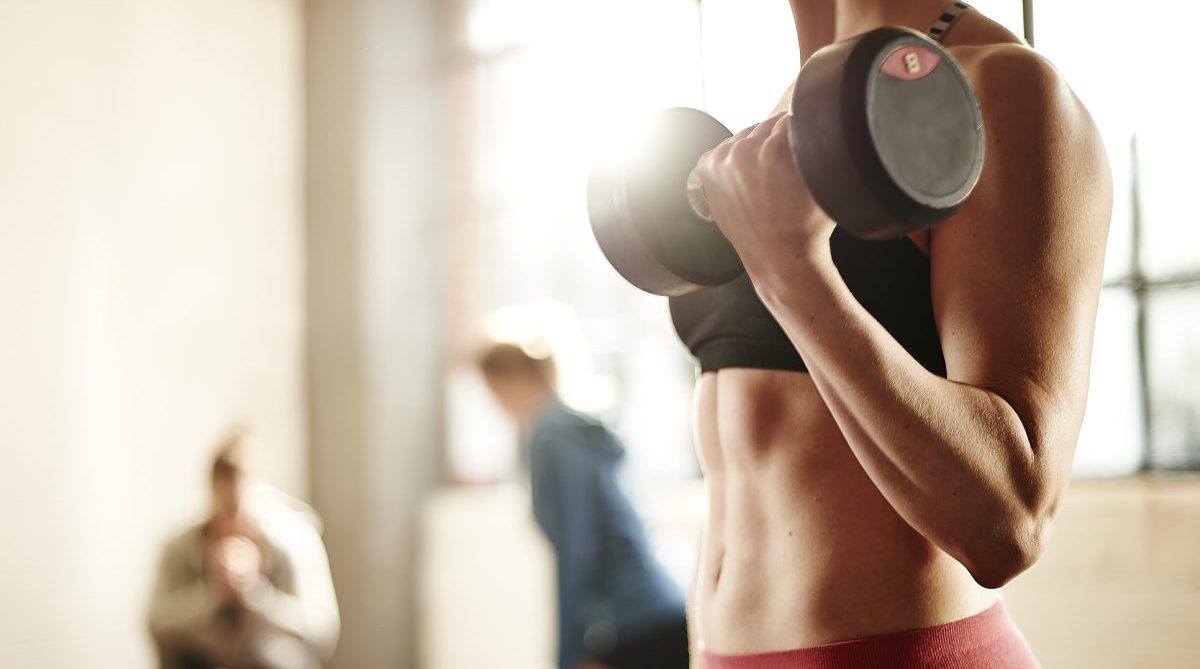
Your body composition is the ratio of fat to muscle in your body. For example, two people may weigh the same but the person with more muscle and less fat will look more fit. Squatting helps improve overall body composition, as it is a great exercise for building muscle and burning more calories, which can help you reach your goal of improving body composition.
Squatting can help form new blood cells
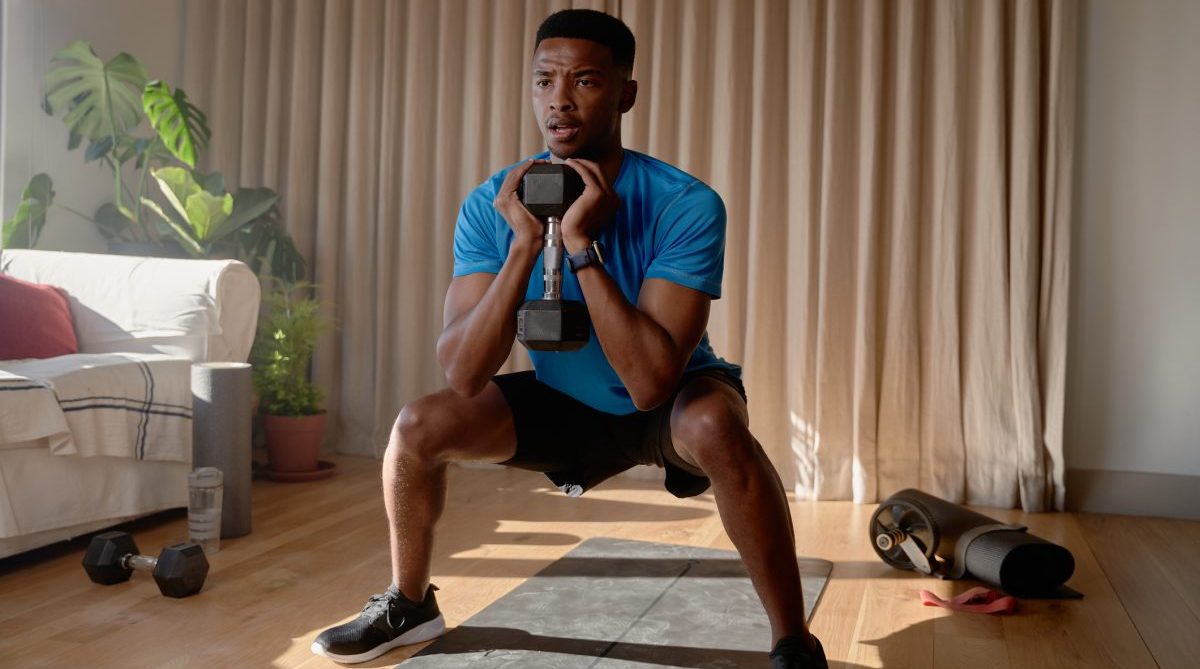
While squatting, there is increased blood flow to the brain and decreased blood flow to other parts of the body. This change in blood flow helps improve cognitive ability. A professor at the University of South Wales suggests that squatting can help form new blood cells. He even recommends doing squats while listening to podcasts, as this activity increases blood flow to the brain.
Your blood sugar levels will regulate
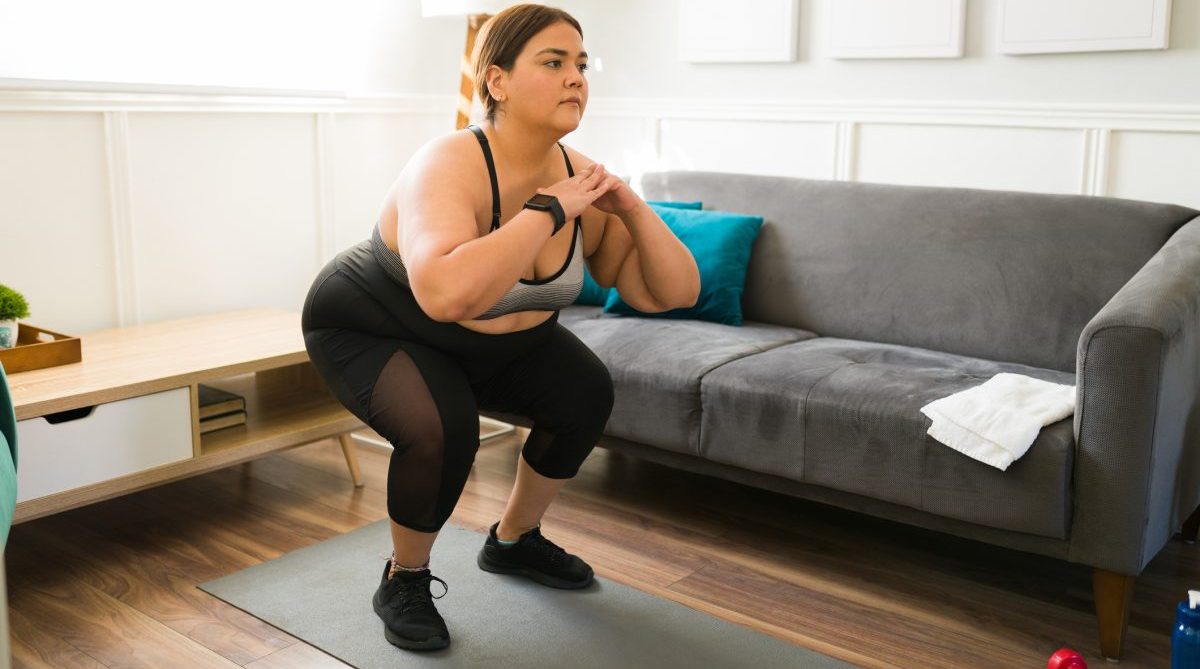
A study conducted in Japan found that doing squats for five minutes twice a day for six months reduces HbA1c levels in the body. The study was conducted on older people with type 2 diabetes who were asked to do squats as part of their physiotherapy routine. The squat exercise effectively regulated blood sugar levels.
Squats can help manage PCOS symptoms
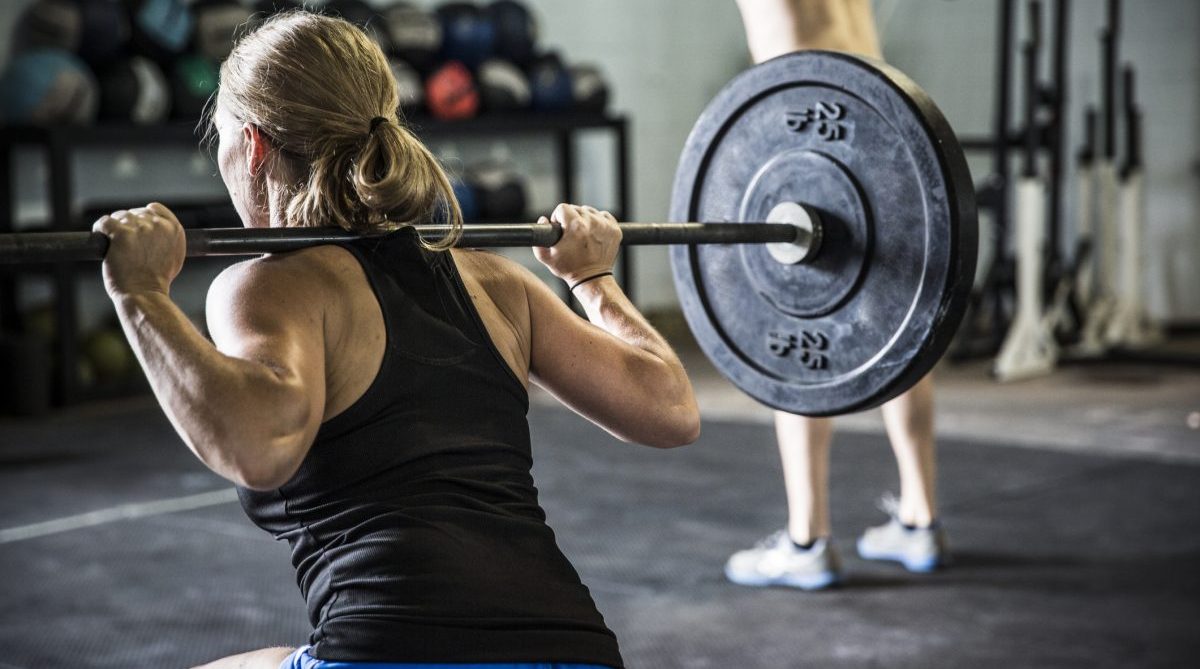
Regular squatting is especially important for women because it can help manage polycystic ovary syndrome (PCOS) symptoms. Studies have shown that vigorous physical exercise can reduce the symptoms of PCOS, and squats are a low-cost and effective way to do just that in your daily routine.
Your legs will become more toned
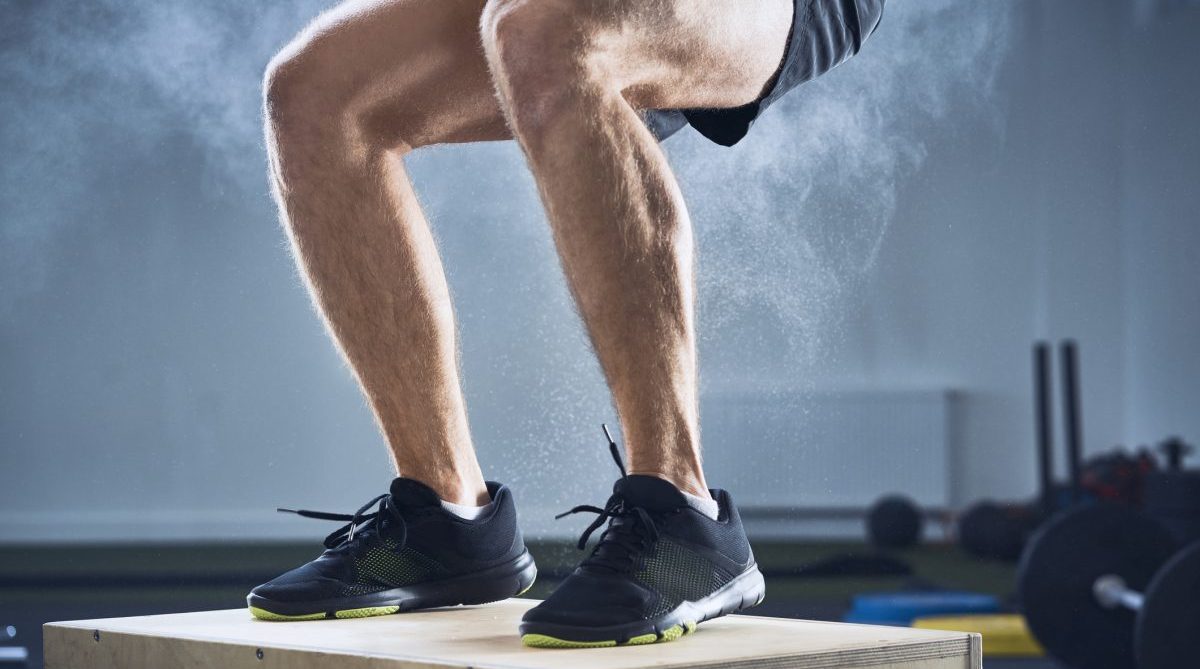
Squats are one of the best exercises to tone your legs and improve the strength of your calves, hamstrings, quadriceps and other leg muscles. They can also help improve your balance and overall fitness.
Squats will strengthen your hamstrings
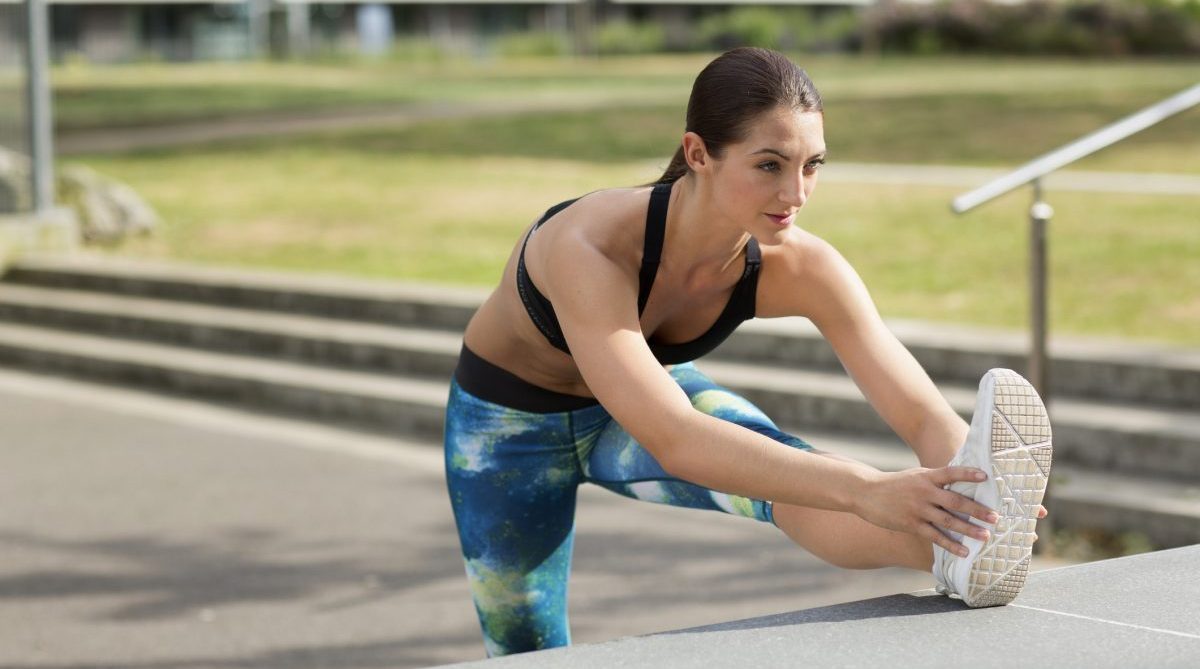
Squatting is a simple exercise that strengthens the quadriceps and hamstrings, two of the most important muscles in the lower body. Strong quadriceps and hamstrings help you with everyday activities, such as walking and climbing stairs, as well as athletic performance. Squats are a great exercise to improve the strength of these muscles.
Your heart and lung capacity will improve
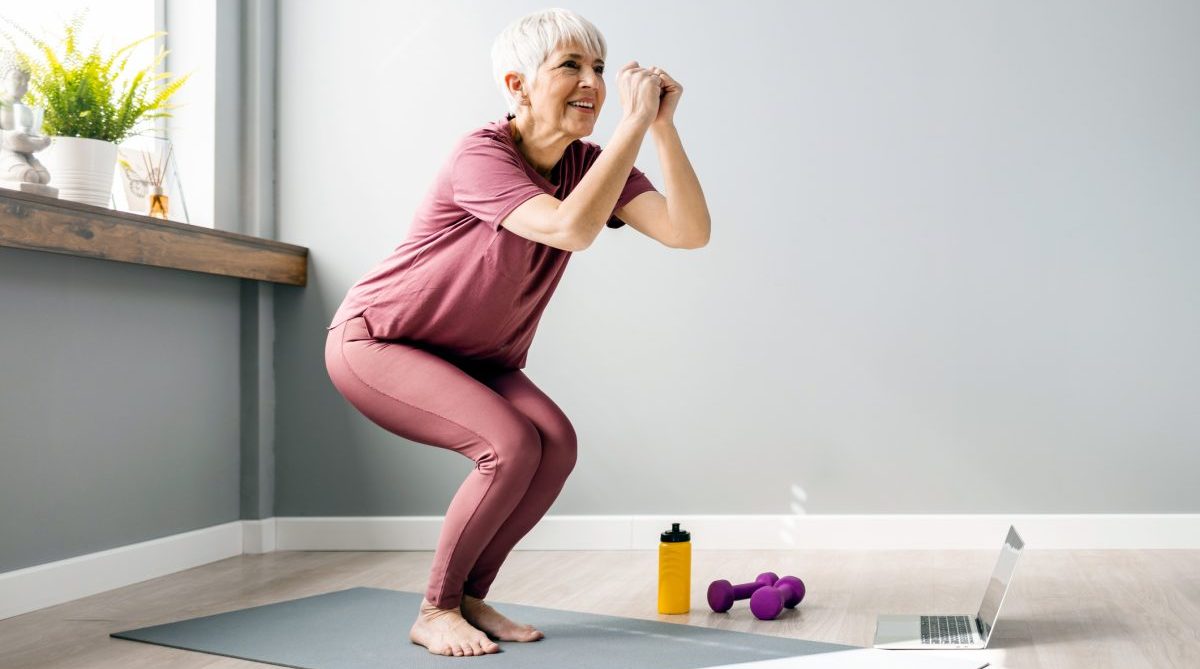
Squatting is one of the best exercises for building up your heart and lung power. This will make you healthier, allow you to train harder on all exercises, and improve your overall performance.
Squats can strengthen your pelvic muscles
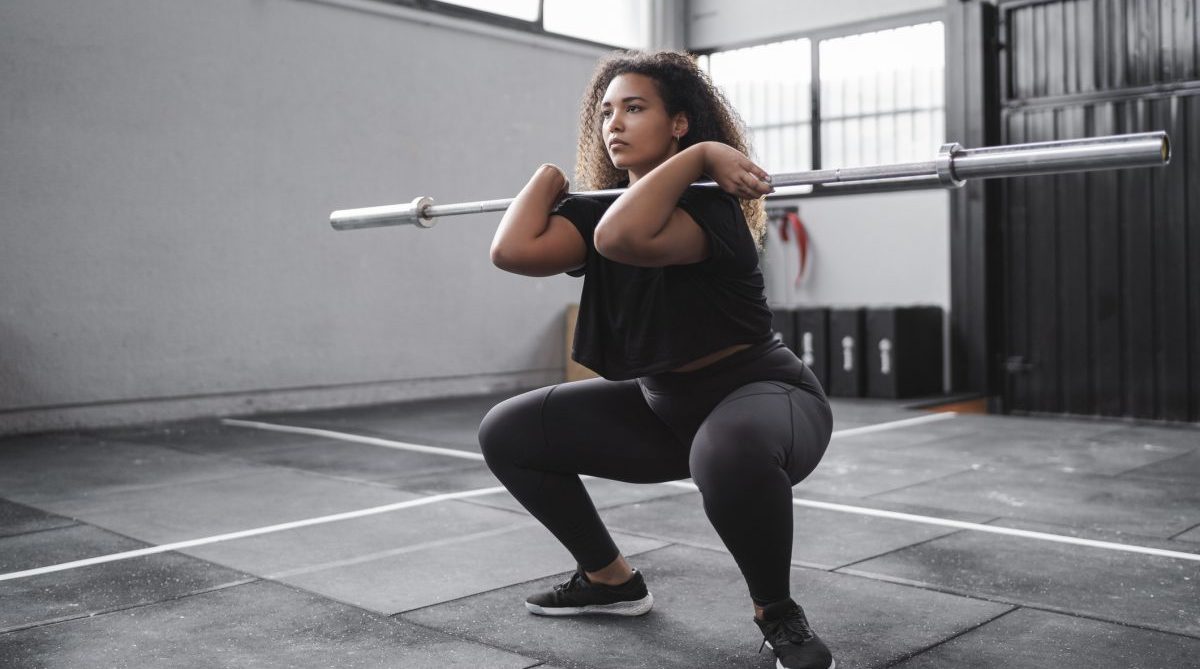
Doing squats can help improve bladder control and decrease the chances of incontinence. Squats also benefit women by strengthening their pelvic floor muscles. As we age, we are more likely to experience incontinence and loss of bladder control. Squats are a great way to strengthen your pelvic muscles and improve bladder control.
Your stress and anxiety will reduce
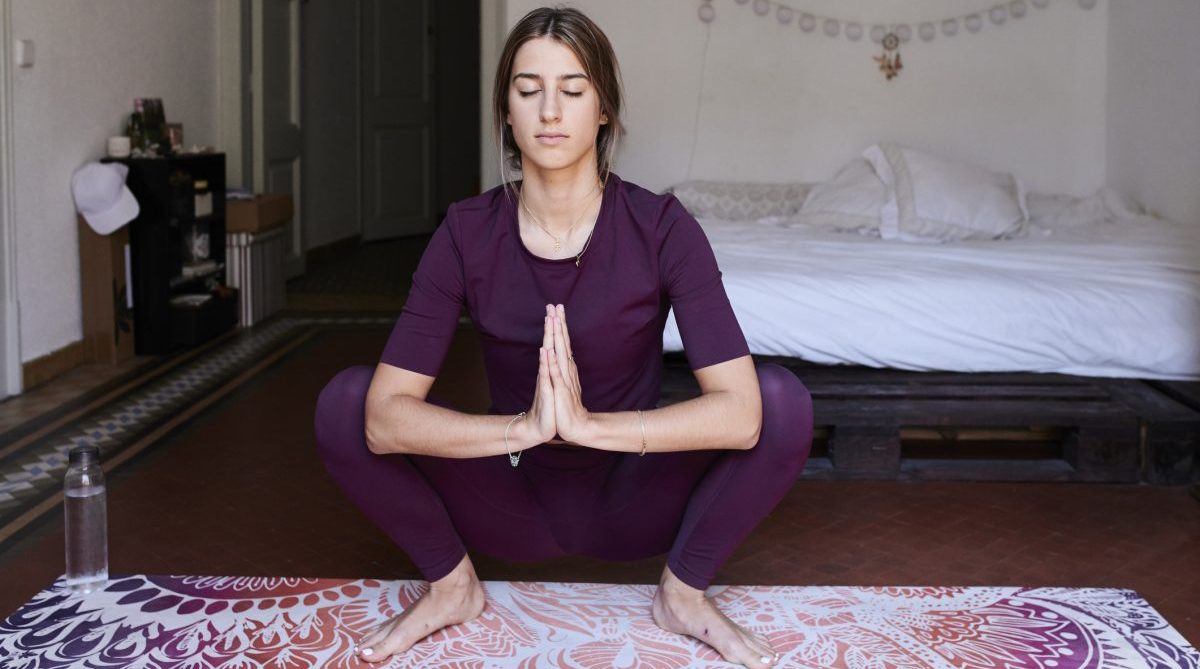
Squats can help relieve stress and anxiety. Stress often leads to muscle tension, which can cause headaches, cramps, or back pain. When you squat, you allow your body to flush out built-up toxins that could otherwise affect your mind or body. This can help relieve stress and prevent it from affecting your mental or physical health.
Your energy levels will increase
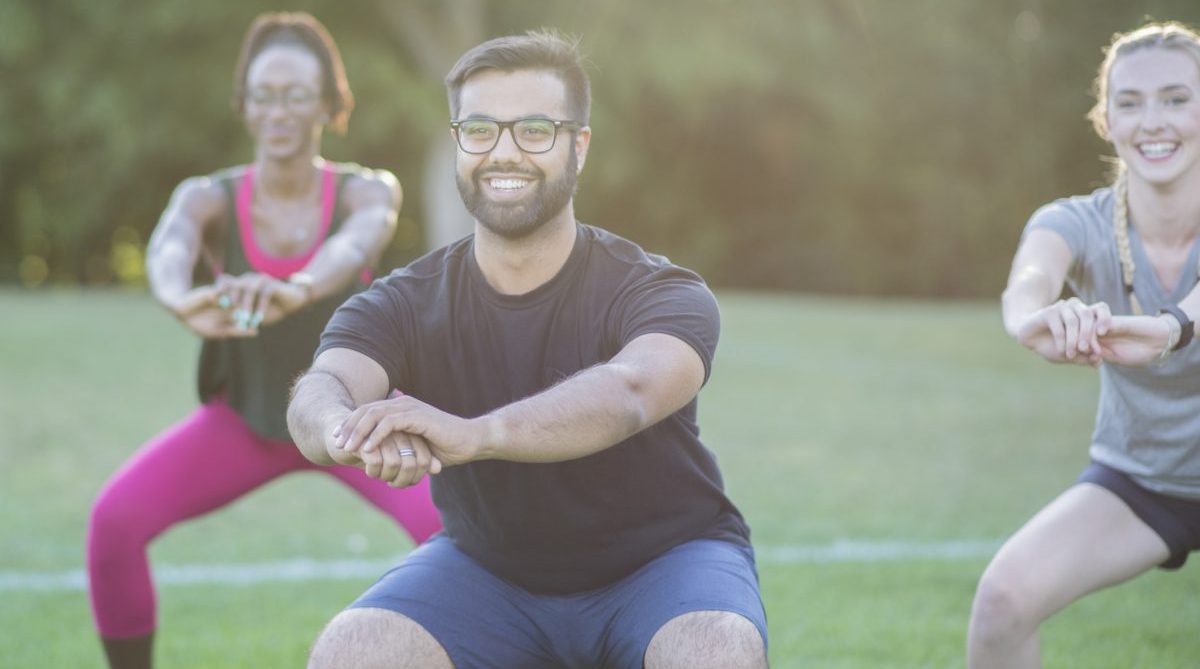
Squats can help you feel more energetic, since they boost circulation, which helps your muscles get the oxygen and nutrients they need. For people who suffer from fatigue or weakness, getting an extra boost to their circulation is a good way to increase their muscle strength.
They can help with pain relief
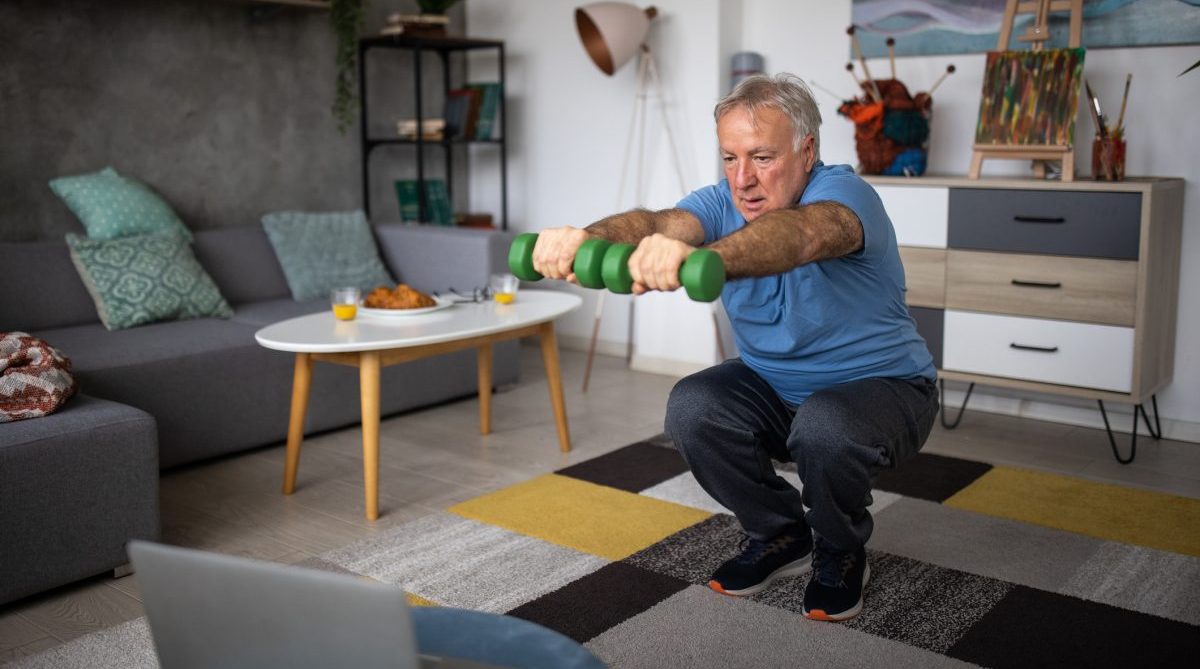
Squatting helps you to stretch out your muscles and may relieve pain in other areas of your body. A 2015 study found that participants who completed an exercise program that included squats reported less pain in the shoulders, middle back, and lower back.
Squats can help your upper body strength
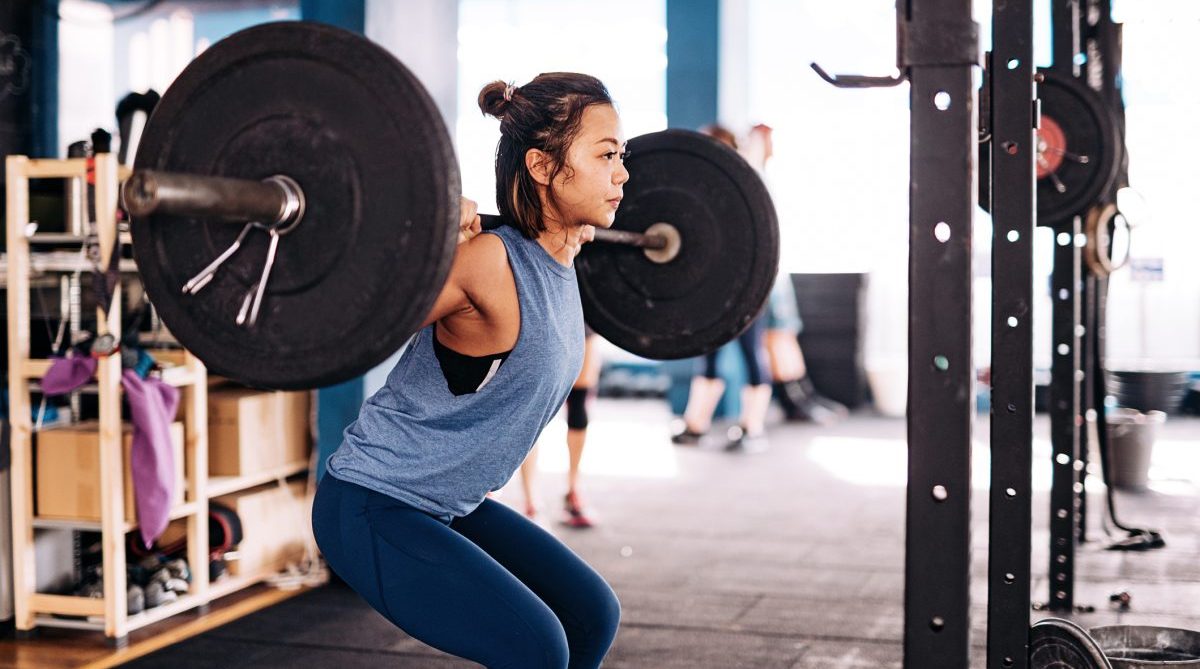
Squats are known for building lower-body strength. But research suggests that they can also help you gain upper body strength. Researchers compared the strength of two groups of women, one that trained only their upper bodies and one that trained full body including squats. The group that did squats gained more strength on the bench press than the group that trained only upper body.
Your metabolism will improve
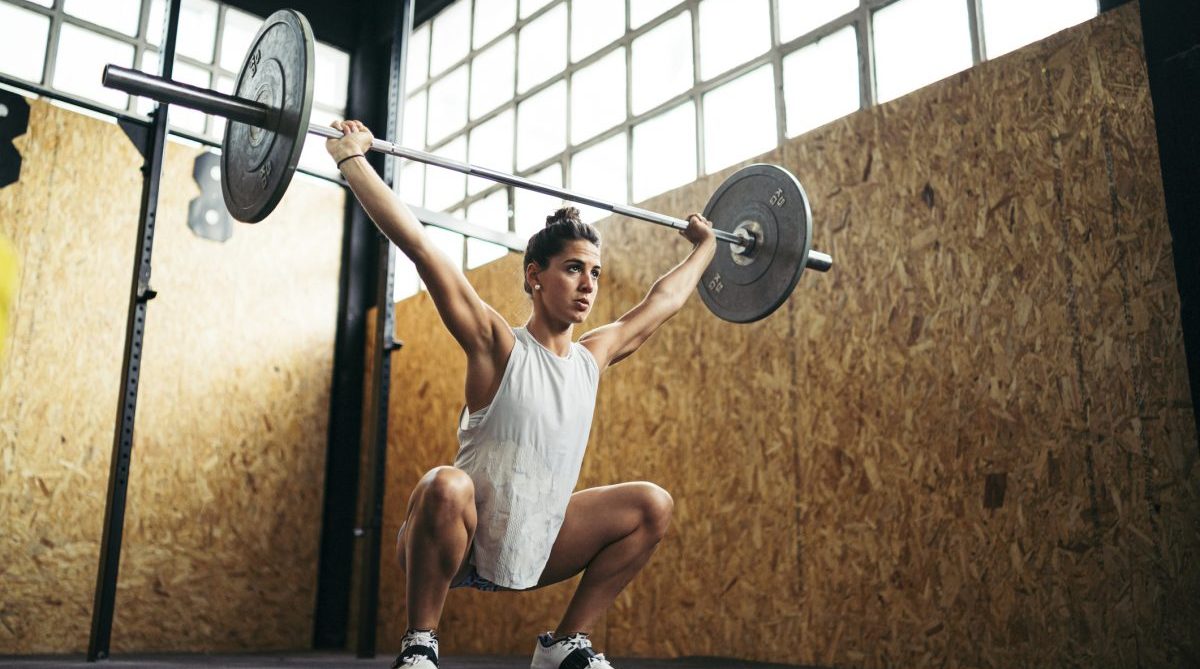
Muscle is more than just a collection of cells. It’s a calorie-burning machine. For every pound of muscle you have, your body burns about 11 calories per day – even while you’re sleeping or sitting! And as you add more muscle, that number goes up. Squats help you build more muscle which will increase your resting metabolic rate.
You will become more confident in the gym
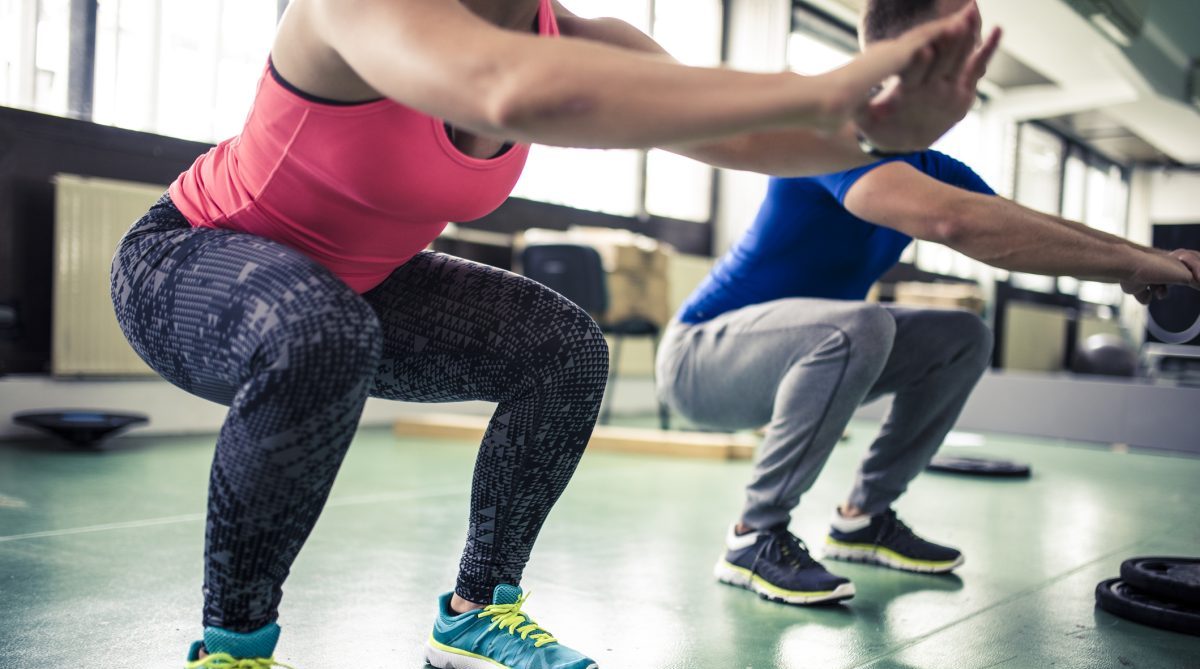
Squats are a great exercise for building confidence in the gym. Because they’re done by advanced lifters, they can seem intimidating to newbies. Once someone starts squatting and working with weights, it’s not about how much they lift – it makes them feel like they’re training hard.
You might get a six pack
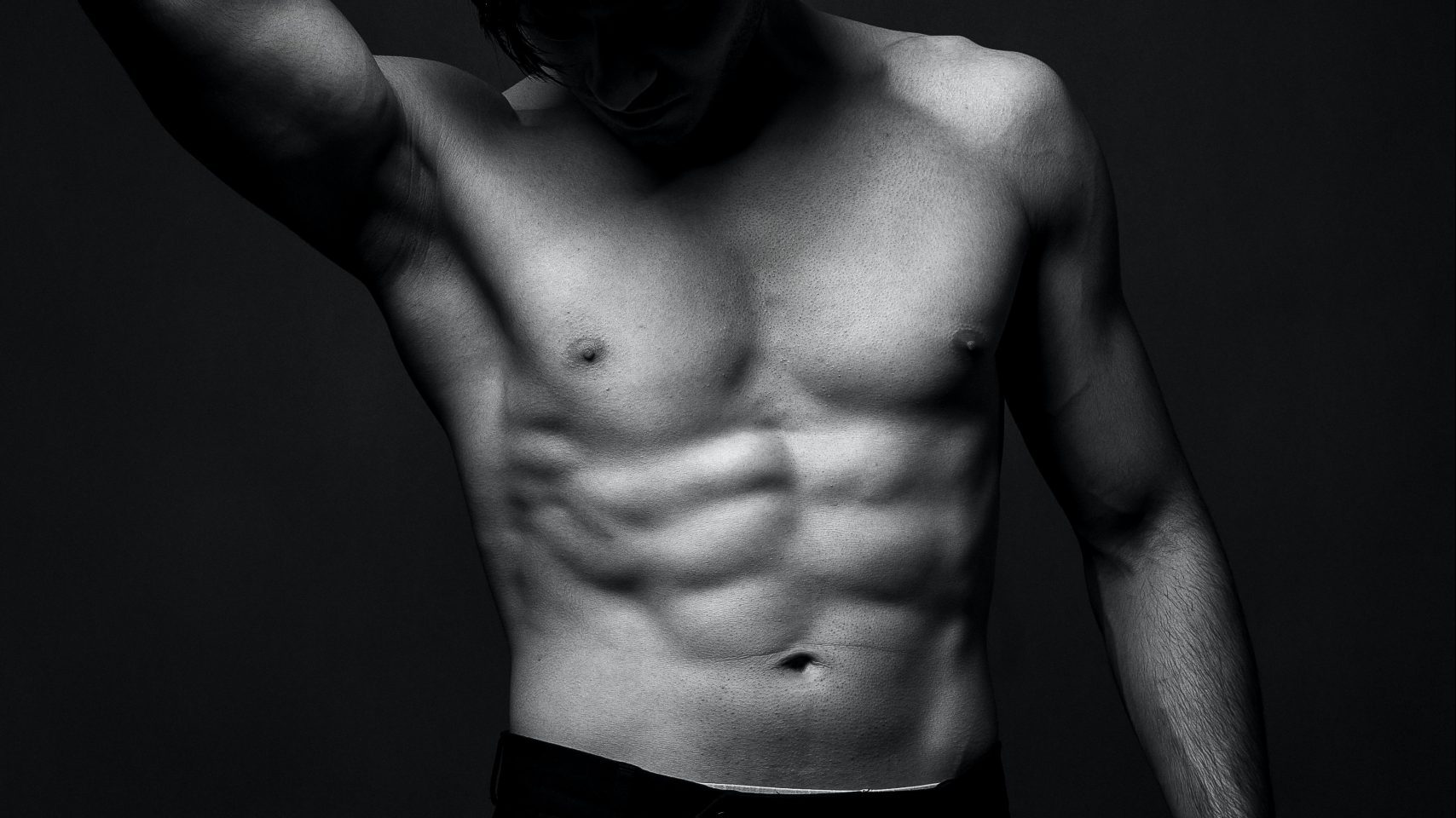
If you ask gym goers what their goal is, a large percentage will probably admit to wanting a six pack. While most fitness fanatics try to sculpt their abs with endless crunches, there’s actually a more effective exercise: squats. Squatting puts your core through an intense workout while simultaneously torching the layer of fat that stands between your abs and the admiration they deserve.
Your nervous system will get stronger
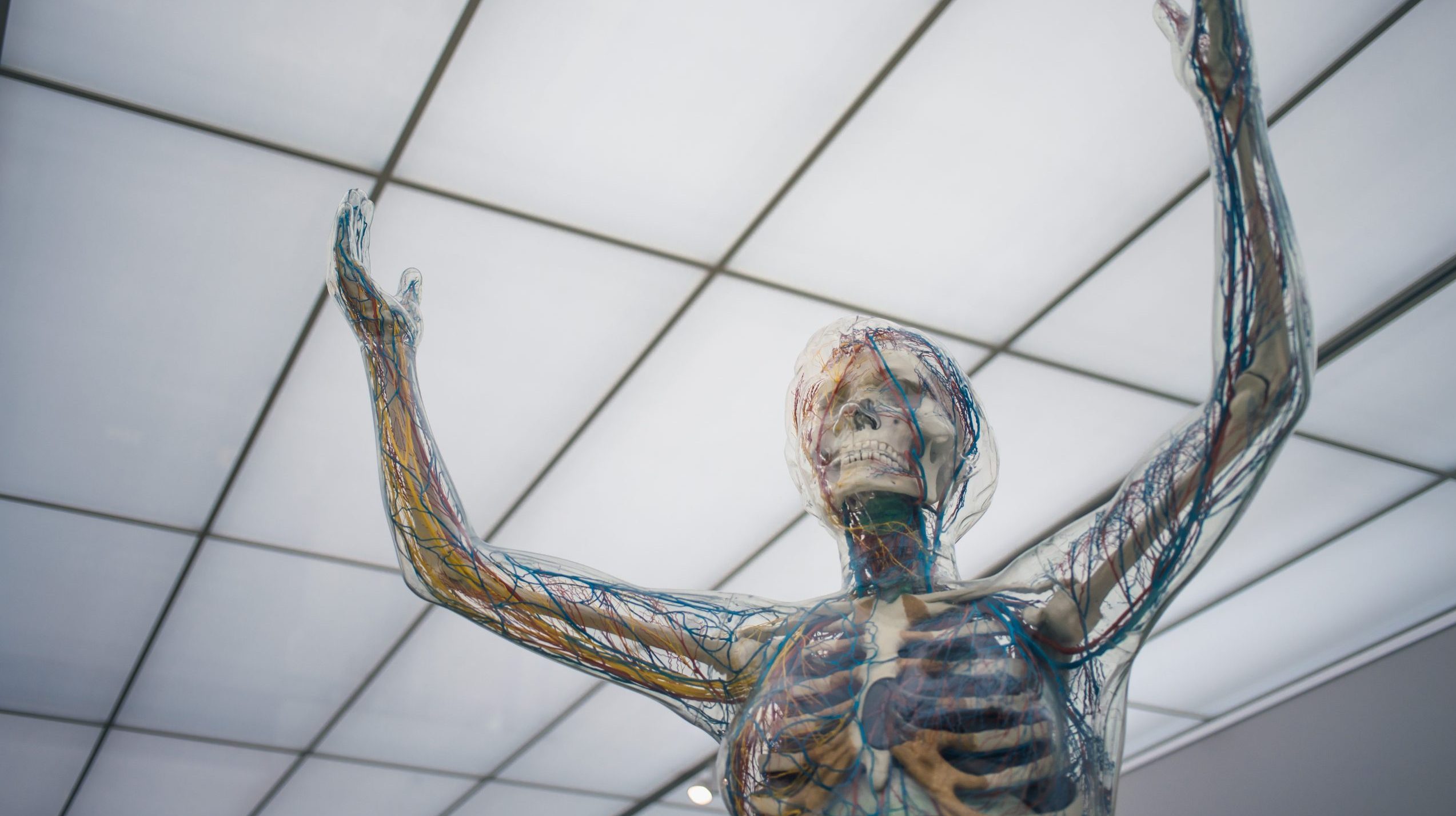
Squats are often referred to as the “king of exercises,” as they simultaneously work a massive number of muscles. What’s less commonly known is that squats also place a significant strain on your central nervous system, strengthening it in the process. Regular squatting will enhance your nervous system’s ability to quickly activate, which will translate to improved performance in pretty much any other physical activity.
Your libido will increase

A healthy libido is important for maintaining strong romantic relationships, but it can be affected by everything from anxiety to a sedentary lifestyle. Performing squats – especially weighted barbell squats – can rev your libido up by reducing stress, improving blood-flow, boosting sex hormones like testosterone and causing the release of feel-good neurotransmitters like dopamine and serotonin.
You will find hiking easier

Hiking is a great way to get some exercise while spending time with others and experiencing the beauty of nature firsthand. By strengthening the muscles of your legs and improving your cardiorespiratory capacity, squats allow you to tackle more challenging hikes, or hike for longer without having to take a break.
Your blood pressure levels will improve

High blood pressure – technically referred to as hypertension – is a growing problem, mainly caused by a combination of poor diets and increasingly stressful and sedentary lifestyles. Elevated blood pressure is a reliable predictor of strokes and heart attacks, but squats are a great way of getting your blood pressure level back into a healthy range and keeping it there.
Inflammation will reduce throughout your body

Scientists are increasingly discovering that inflammation is involved in a wide range of medical conditions, from cancer to chronic pain. As such, anything that reduces inflammation is likely to ward off these diseases and increase longevity. Any kind of exercise is likely to reduce markers of inflammation, but squats are particularly effective since they involve so many muscles.
Symptoms of depression will be reduced

Rates of depression have been on the rise for decades, and the Covid-19 pandemic seems to have supercharged this trend. While therapy and medication are both effective ways of managing depression, intense exercise like squats has also been proven to reduce depressive symptoms both in the short and long term.
Your VO2 max will increase

VO2 max is a measurement of cardiorespiratory fitness that incorporates the performance of your lungs, heart and muscles, and it’s one of the best predictors of longevity. While exercise of any kind will improve your VO2 max, squats have been shown to be particularly effective in this area, with one study showing a 9% increase after just 16 weeks of training.
You’ll get sick less often

While the stress that squats place on your body can actually make you slightly more susceptible to viruses immediately after a workout, in the long term they will strengthen your immune system. This directly translates to getting sick less often, as well as meaning that when you do get ill, you’ll recover much more quickly.
You’ll sleep better

We all know we need sleep, and many experts consider it the most important pillar of physical and mental health. If you struggle to fall or stay asleep, try incorporating a squat workout into your daily routine. As well as tiring you out, exercise reduces stress and helps keep the kind of anxious thoughts that prevent you from drifting off at bay.
Squatting can help you have an easier birth

Many women stop exercising when they’re pregnant, but this is a mistake. Regularly squatting during pregnancy will ensure that your hips, core, glutes and pelvic floor muscles stay strong, which will be of great help when it comes to giving birth, allowing you to push more effectively and with less pain.
You’ll stand out at the gym
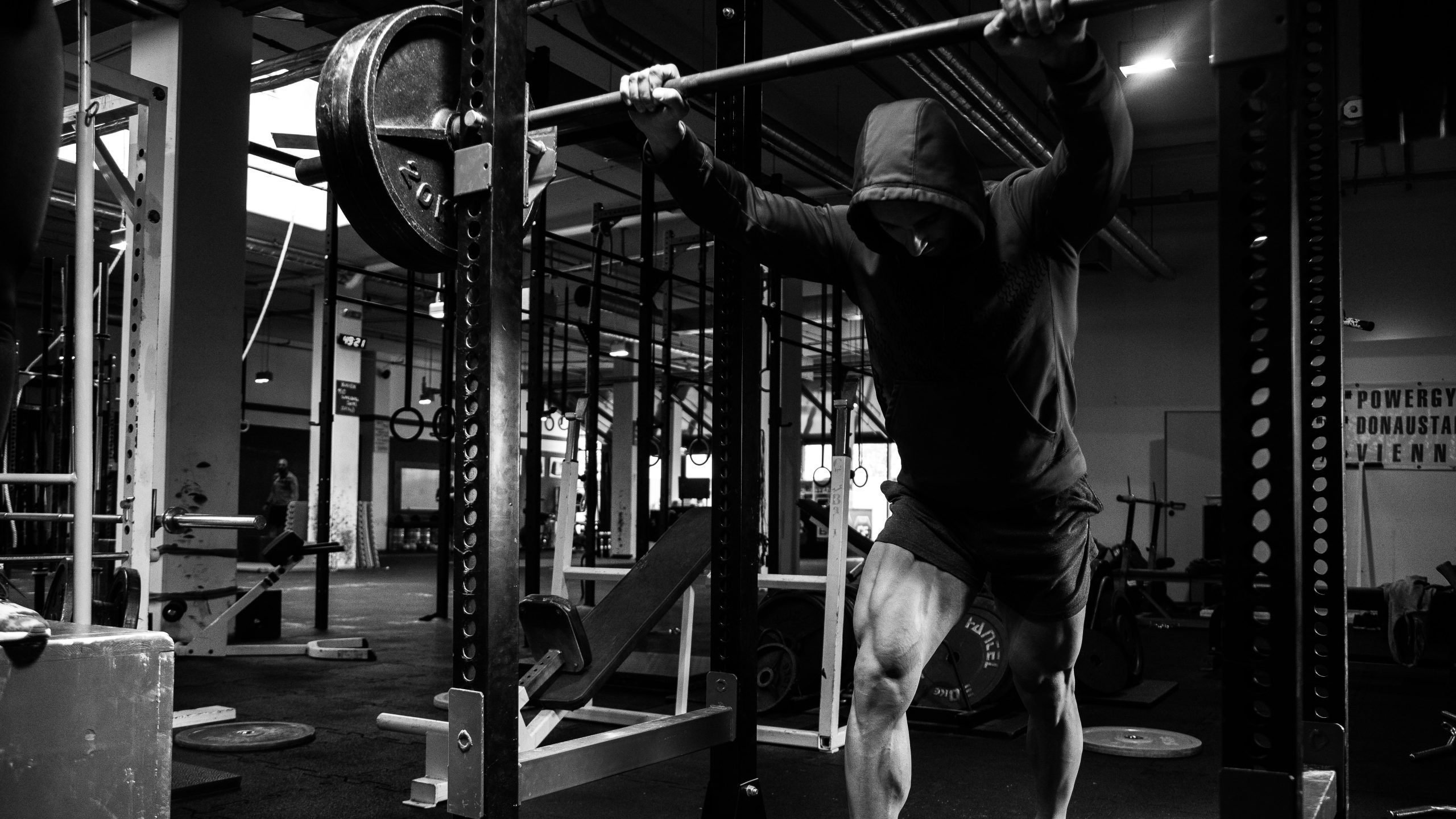
Skipping leg day is something of a running joke in fitness circles, and gyms all over the world are full of people with well-defined upper bodies, yet weedy legs. There’s a good reason for this: leg day is hard. By regularly putting in work on the squat rack, you’ll soon develop strong, muscular legs which will be the envy of all your pencil-legged gym buddies.
Deep squatting improves bowel movements
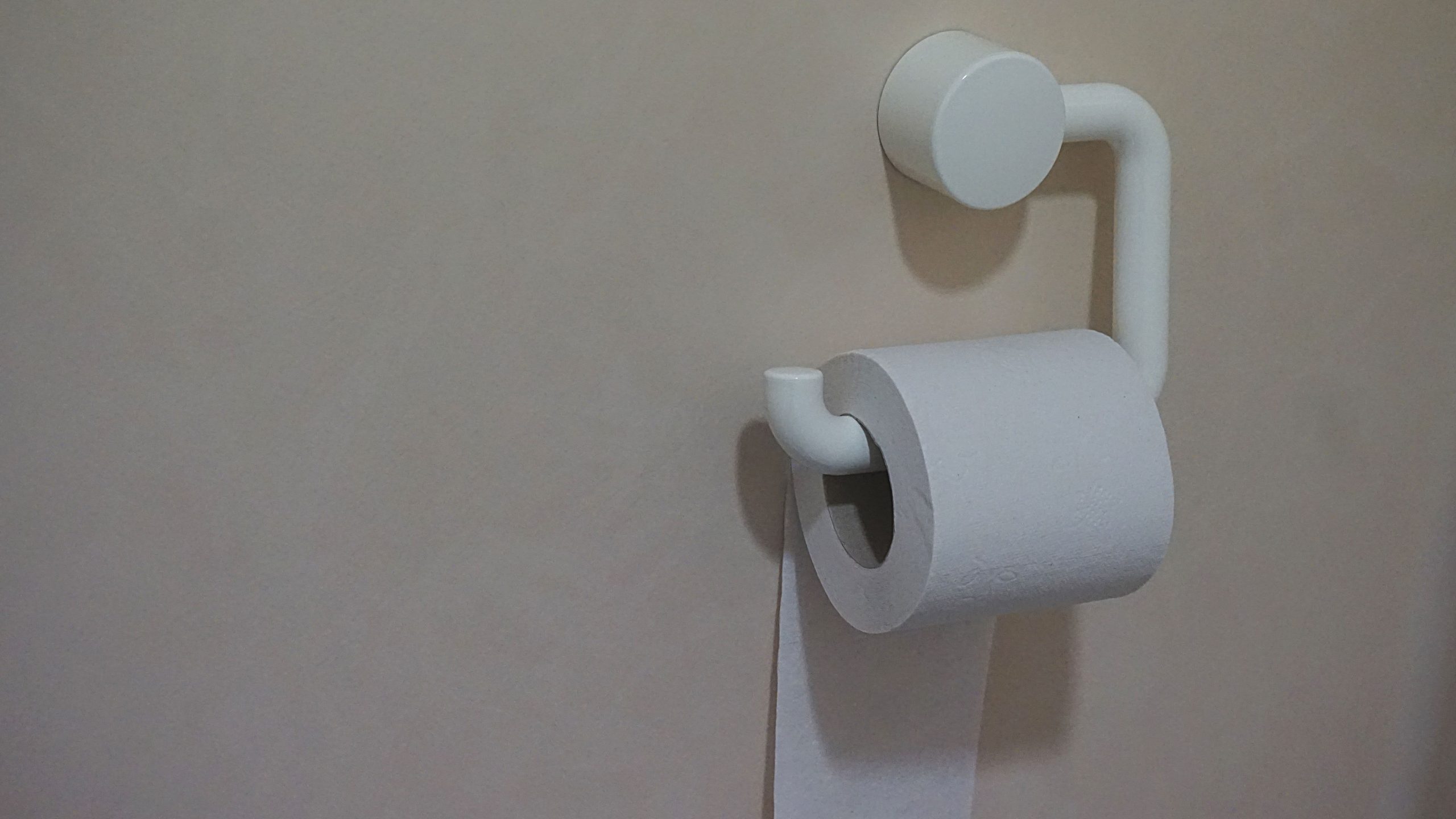
Before toilets became commonplace, humans adopted a squatting position to defecate. As it turns out, this is actually the most natural position for bowel movements, and scientists have even found a link between toilets and colorectal cancer. Assuming you don’t want to turn your toilet into a hole in the floor, you can buy a foot stool to simulate a squatting position.
Squatting can help with studying

When you squat, your heart has to work harder to pump blood around your entire body. A consequence of this is that squatting significantly increases blood flow to the brain, which can help with enhancing a range of cognitive abilities, including memory. Breaking up your study sessions with a few sets of bodyweight squats will enable you to retain more information and maximize your efforts.
You’ll be less angry

Chronic stress is becoming an increasingly pernicious problem, and it often manifests as inappropriate outbursts of anger. If you’re finding yourself snapping at the slightest provocation, try loading up a barbell and banging out some squats. The workout itself will allow you to blow off some steam, and the feel-good chemicals your brain releases will leave you feeling significantly more relaxed afterwards.
You’ll spend less time in the gym
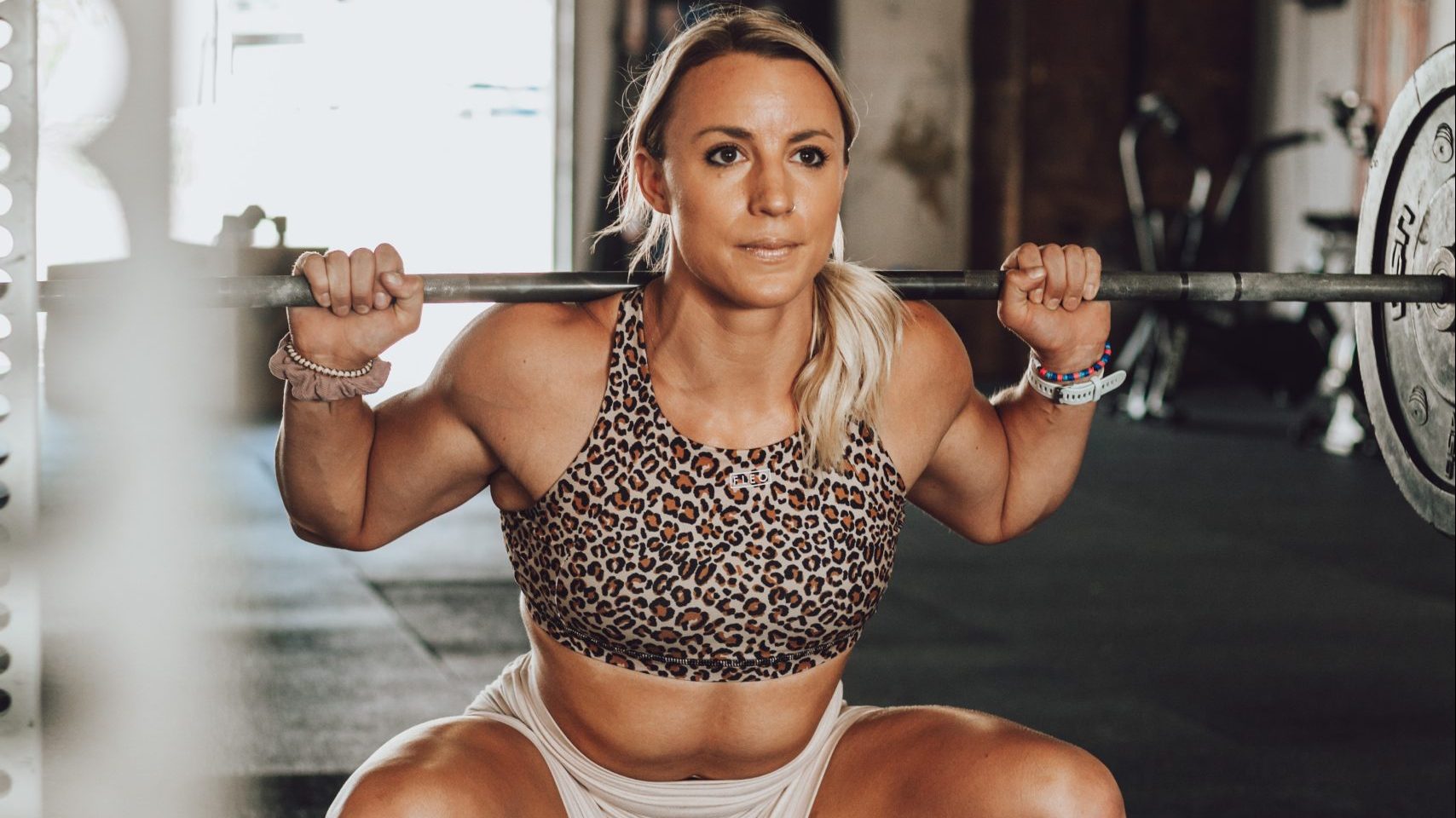
Most of us know we should be exercising more, but finding the time for it can prove challenging. Because they are so intense, squats allow you to pack an incredibly efficient workout into a short amount of time, meaning you can dramatically cut down on the number of hours you have to spend slaving away in the gym.
You will age better
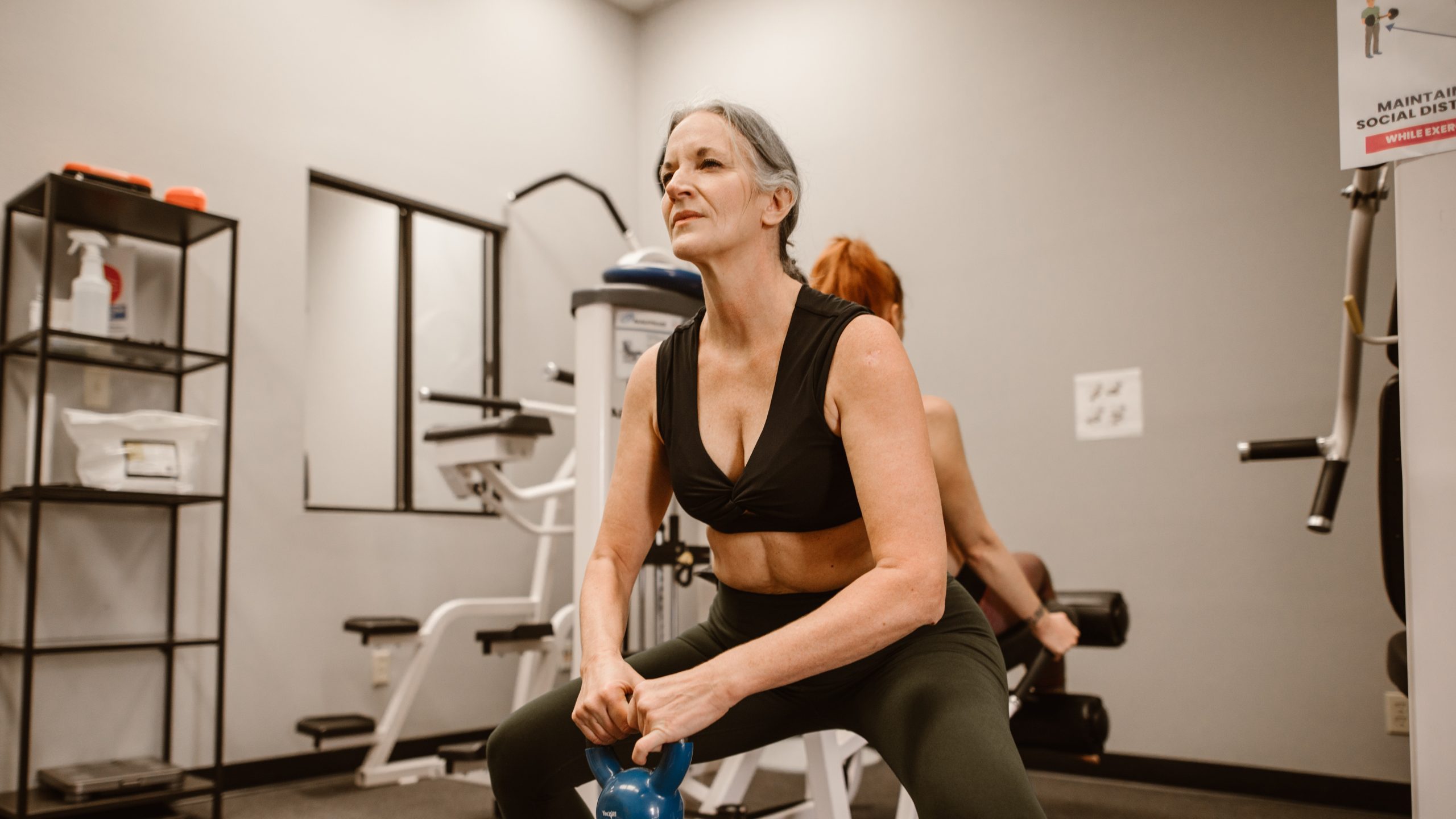
Numerous studies have found that lifting weights is one of the single best ways to ensure your stay healthy as you age, allowing you to lead an active life for as long as possible. When it comes to weightlifting, the squat is arguably the single most effective exercise you can perform, so make sure you regularly incorporate the move into your exercise regime.
Your cholesterol levels will become more healthy
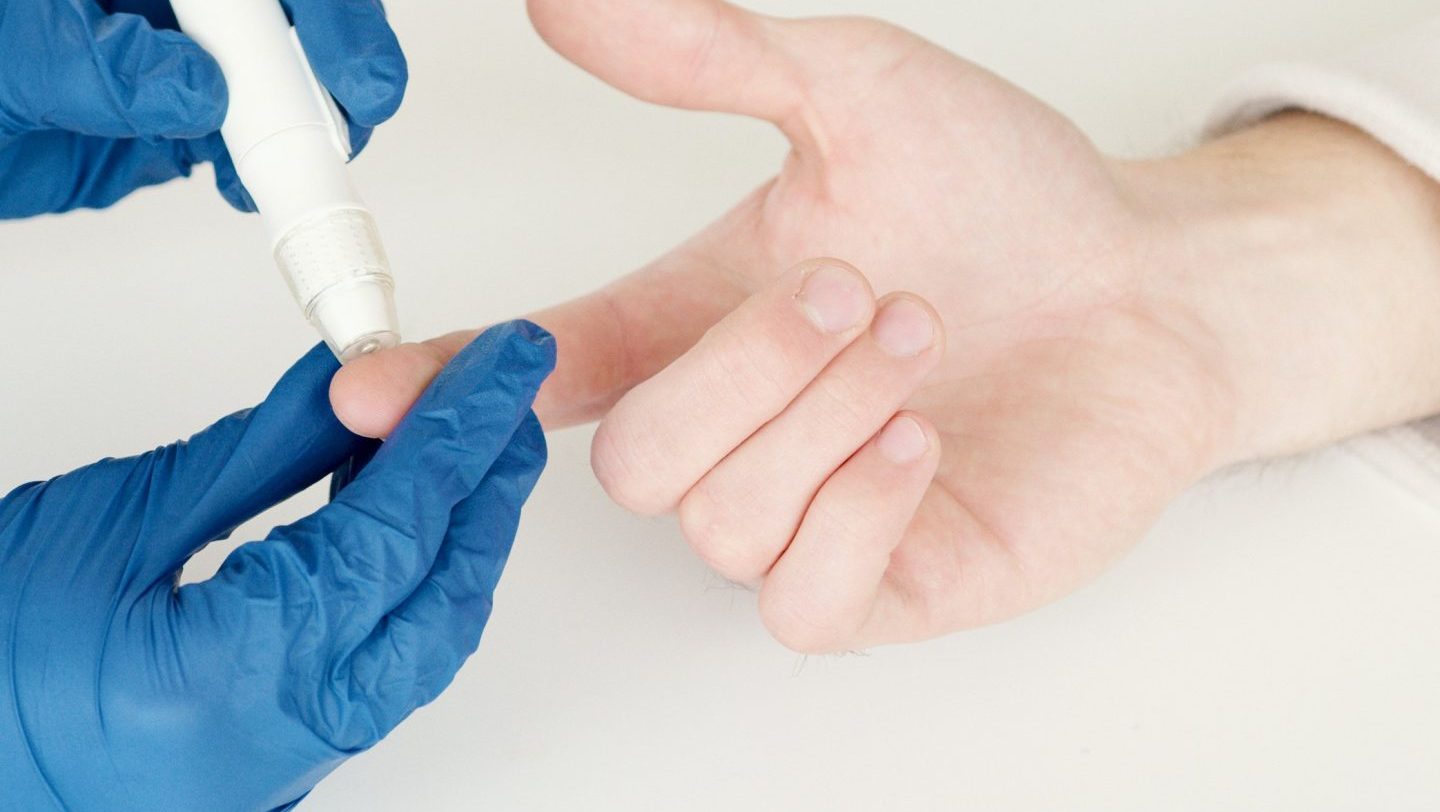
While cholesterol hasn’t turned out to be as unhealthy as was once thought, it’s still important to make sure you keep your ratio of good to bad cholesterol healthy. A study from Ohio University found that men who performed heavy squats twice a week for 16 weeks saw a 19% increase in HDL (also known as the “good cholesterol”).
You’ll get a great start to the day
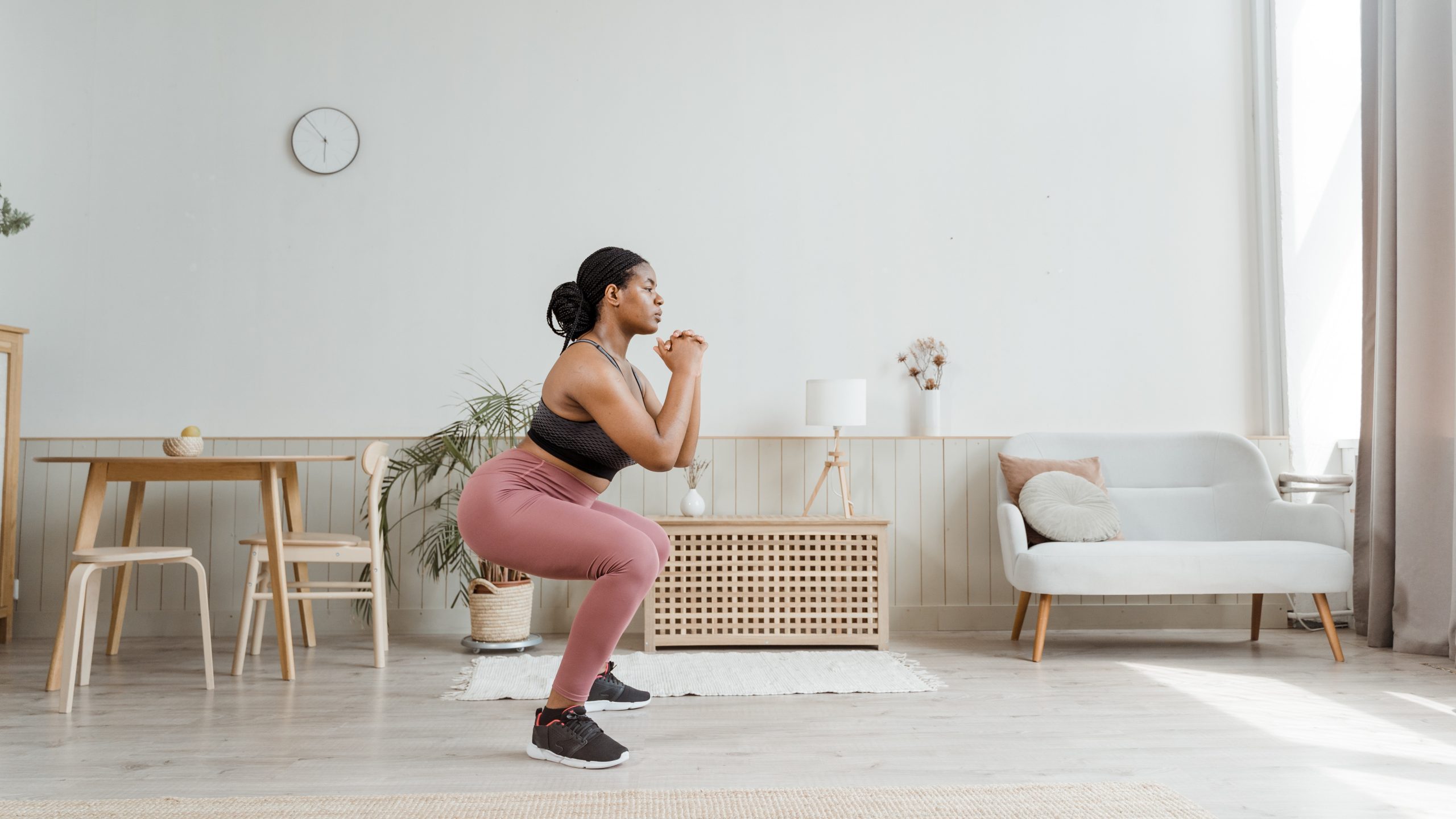
Most people start their days by crawling out of bed, bleary-eyed, before shuffling like a zombie to the nearest source of caffeine. While the thought of exercising first thing in the morning might seem daunting, if you can bang out a couple of sets of bodyweight squats as soon as you get out of bed you’ll be alert, cheerful and ready to tackle the day.
You’ll get better at bracing
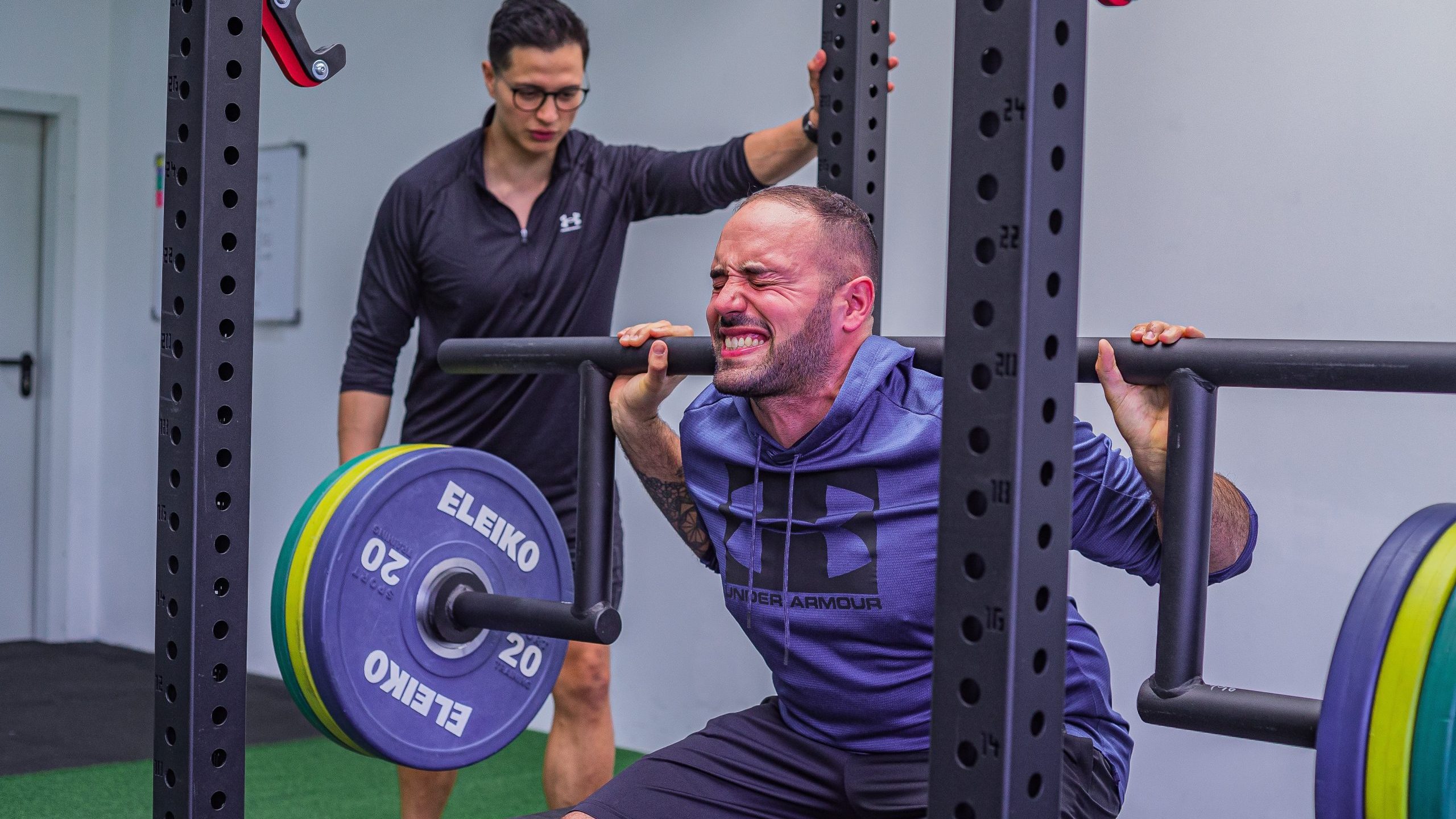
Bracing involves keeping tension throughout your torso to protect your lower back from dangerously arching during lifts. It’s a vital skill for weightlifting, sports or simply picking up a heavy object, but most people don’t know how to do it. When you start with barbell squats, you’ll first learn how to brace, and once you’ve mastered that you can transfer the skill to other movements.
Squatting can help you fix anterior pelvic tilt
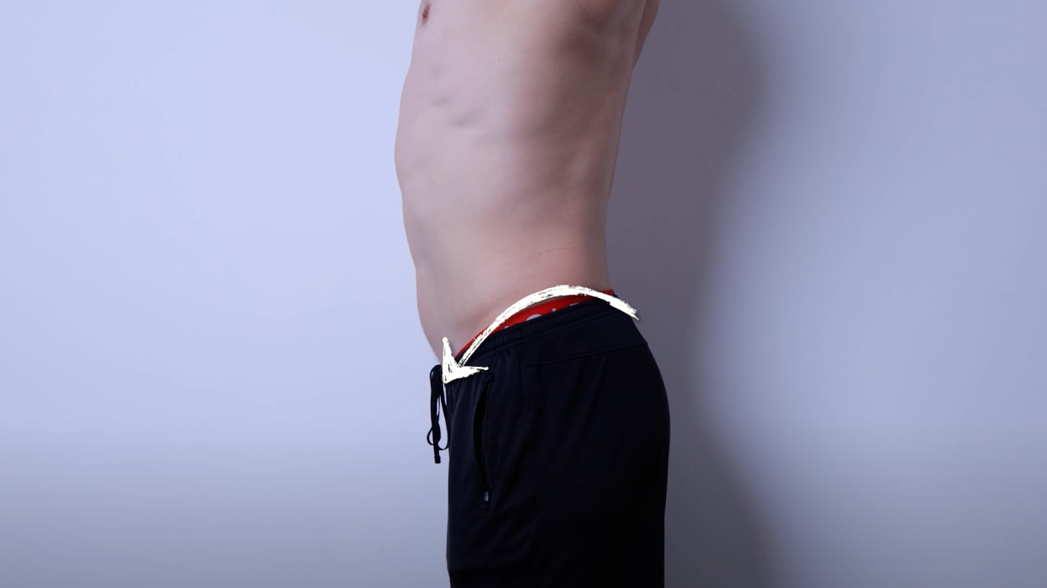
Anterior pelvic tilt is an increasingly common problem caused by spending too much time sitting down, which leads to tight hip-flexors and weak quads, resulting in a “Daffy Duck posture.” Fortunately, squatting restores balance to the body by fixing the muscular imbalances, returning your posture to its natural, upright state.
Your ankle mobility will increase
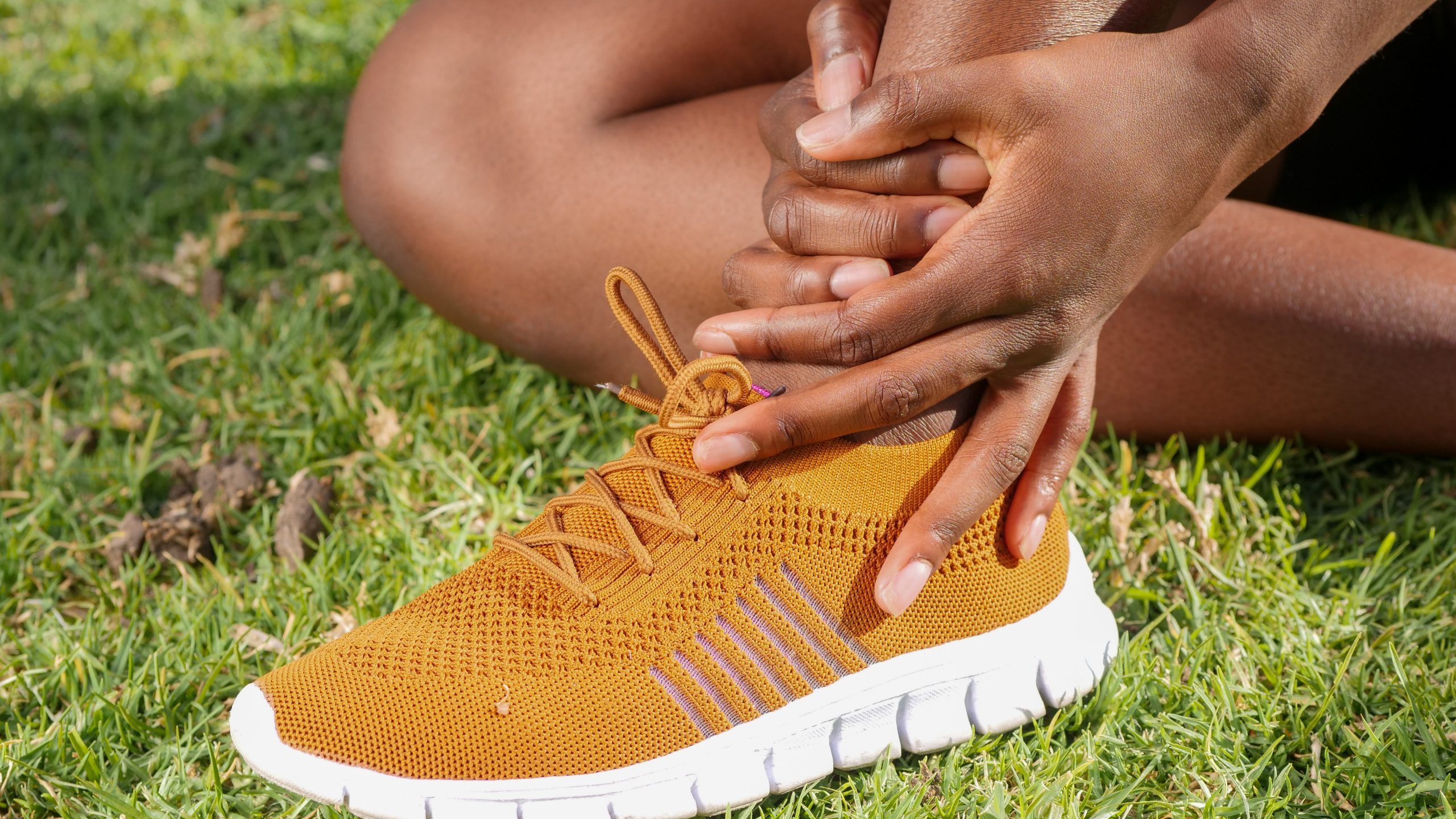
When people first try to deep squat, they usually swiftly discover that a lack of ankle mobility prevents them from getting close to the floor. Over time, and with practice, ankle mobility will start to improve, allowing for a full range of motion in squatting. This will also reduce the risk of ankle injuries in other sports.
Your glycogen storage will improve
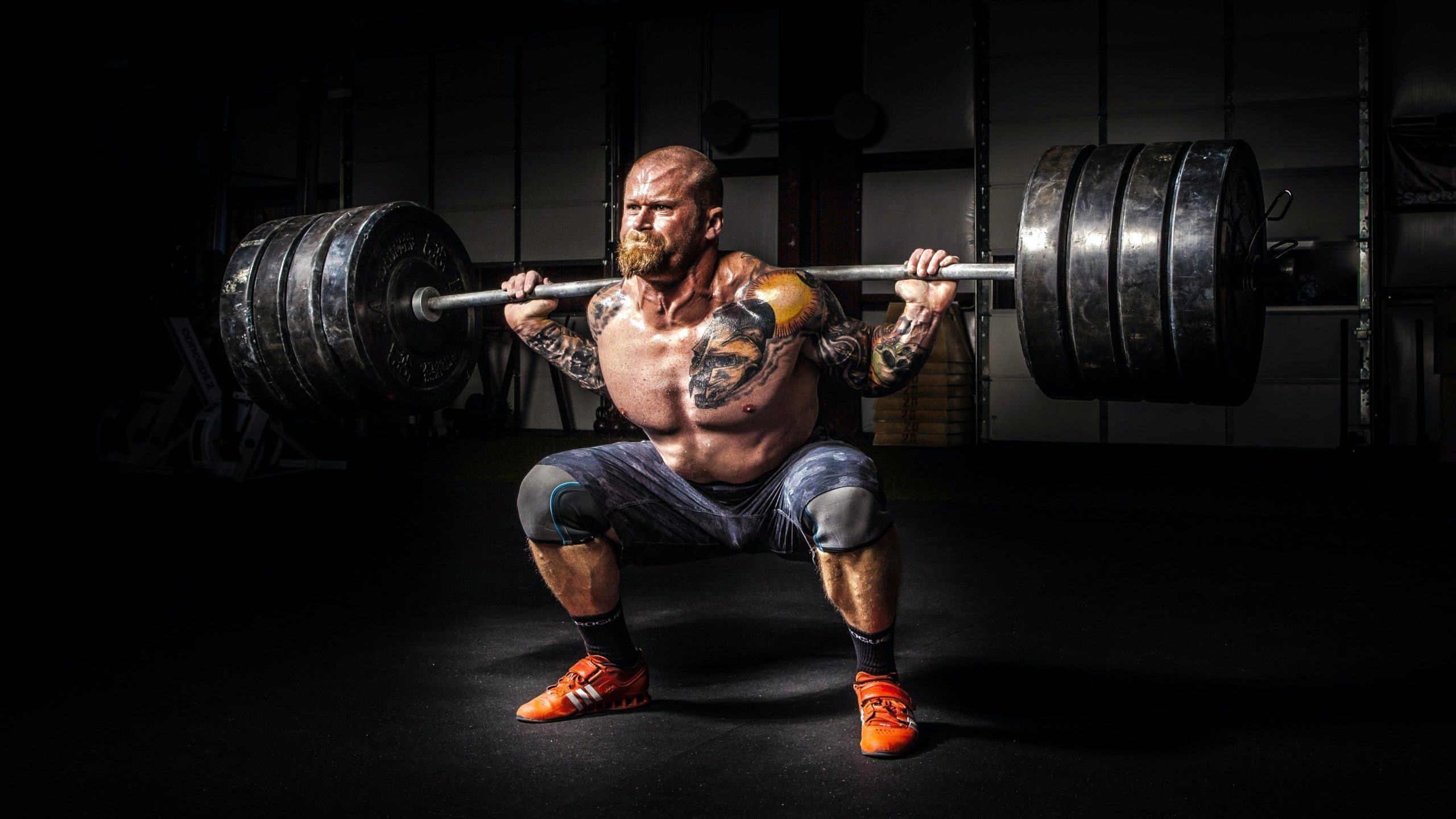
Glycogen is carbohydrate stored in your muscles, used as a fuel source during activity. With regular exercise, your muscles will get better at storing glycogen and using it more efficiently, translating to greater energy output b0th in your workouts and throughout your day. Since your quads are some of the biggest muscles in your body, squatting is a great way to improve overall glycogen storage.
You’ll be a better swimmer

Swimming is an amazing form of low-impact exercise, allowing you to work your entire body without placing strain on your joints. When you swim, the majority of your propulsion comes from your legs, which means that any exercise which strengthens them will make you a more efficient swimmer and allow you to get the most out of your swimming workouts.
Your coordination will get better
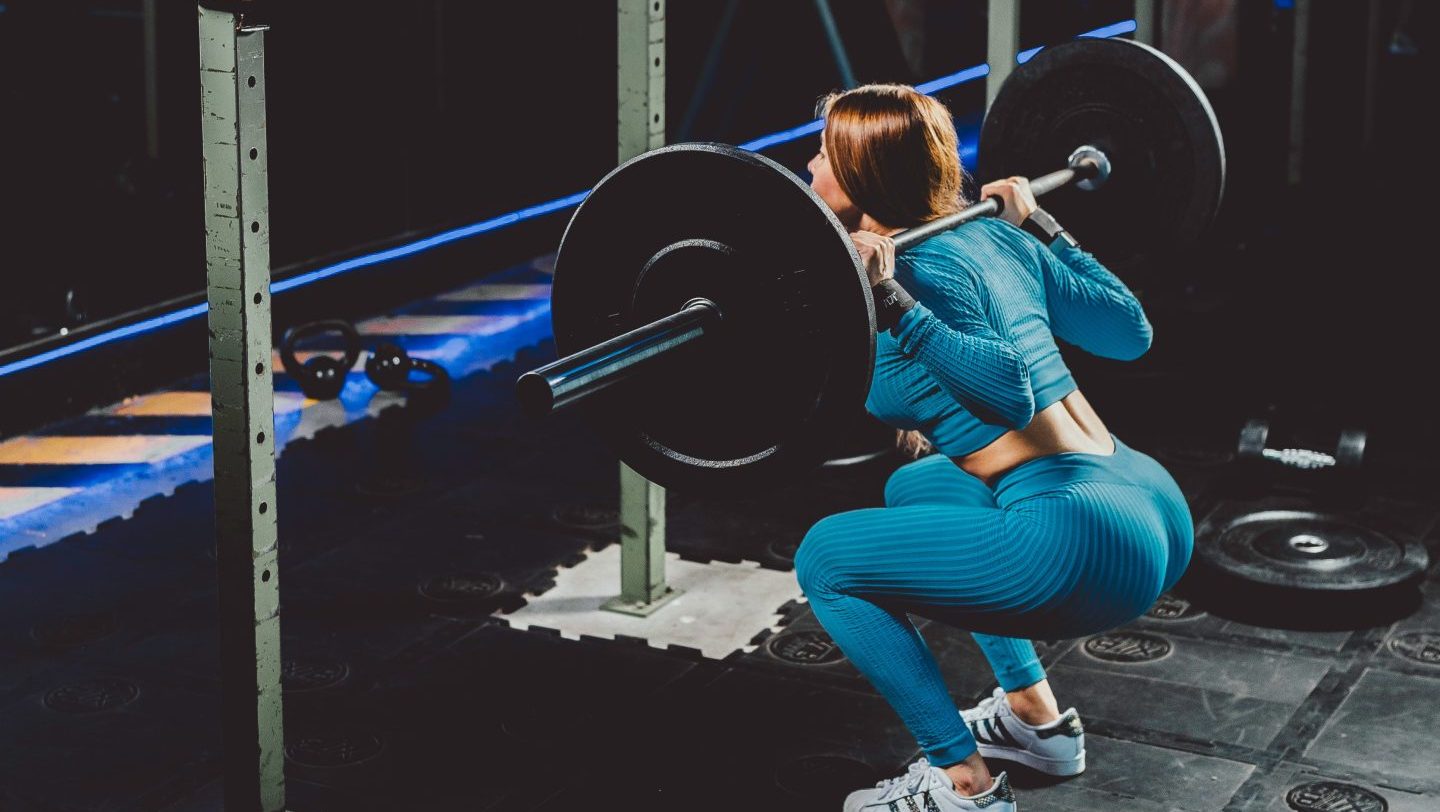
Squats are notoriously challenging, and not just because of how strenuous they are. When you squat – especially with a loaded barbell across your back – you have to pull off multiple movements at the same time. This means that as well as building your muscles, strength and cardiovascular endurance, squatting will also develop whole-body coordination.
You’ll be happier

According to Aristotle, the purpose and goal of life is to achieve happiness, and – not coincidentally – the philosopher was also a big proponent of exercise. Working out (especially intense workouts, like squatting) leads to happiness both in the short term – thanks to the release of dopamine, serotonin and noradrenaline – and the long term, due to structural brain changes that occur with regular exercise.
You’ll find rock climbing easier
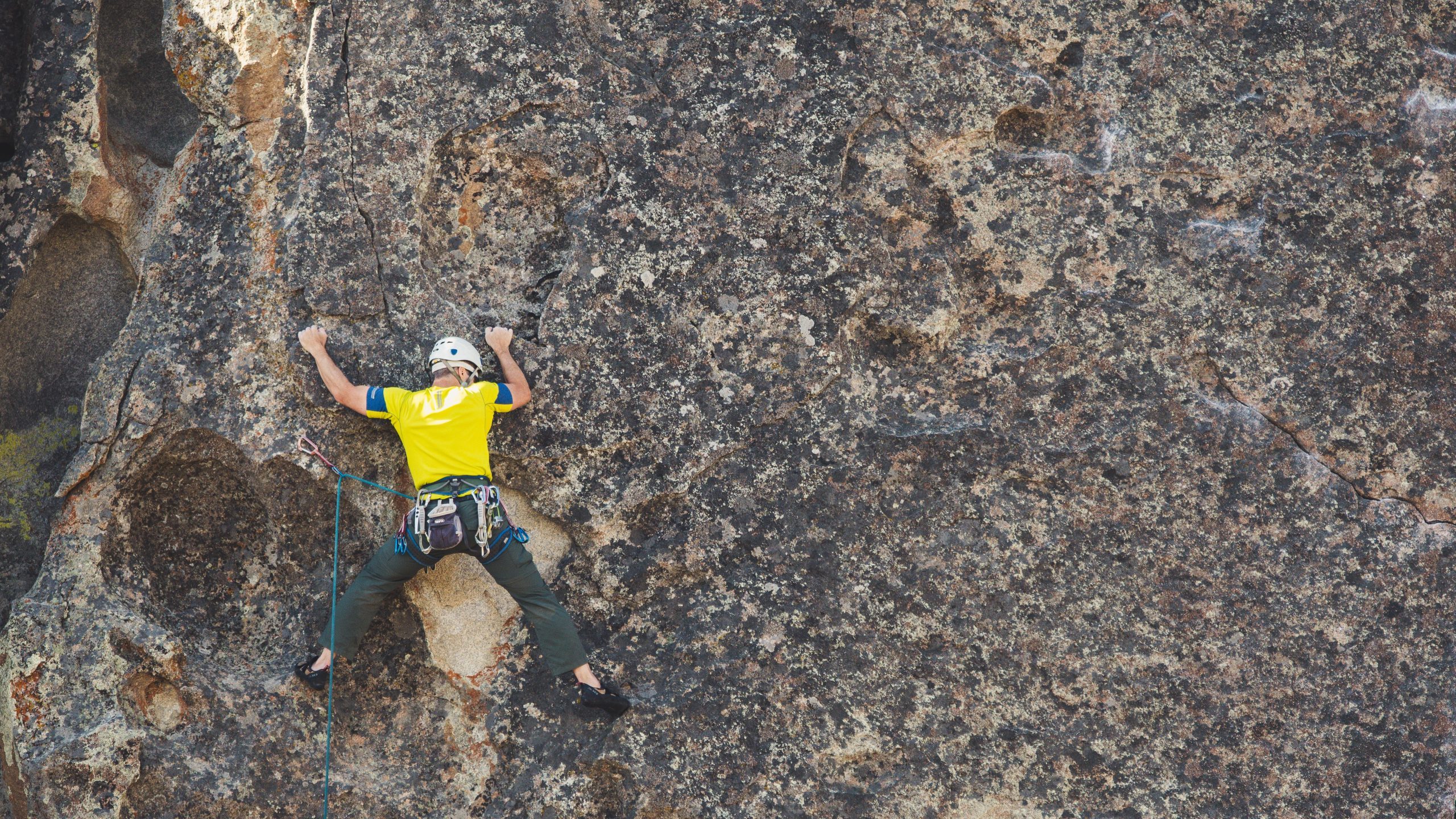
Rock climbing has enjoyed a surge in popularity in recent years, with enthusiasts flocking to the indoor climbing gyms that have popped up all over the United States. While in itself a great workout, rock climbing depends on a lot of strength in the legs and core, making squats an excellent exercise to improve your performance on the wall.
Your mind muscle connection will get better
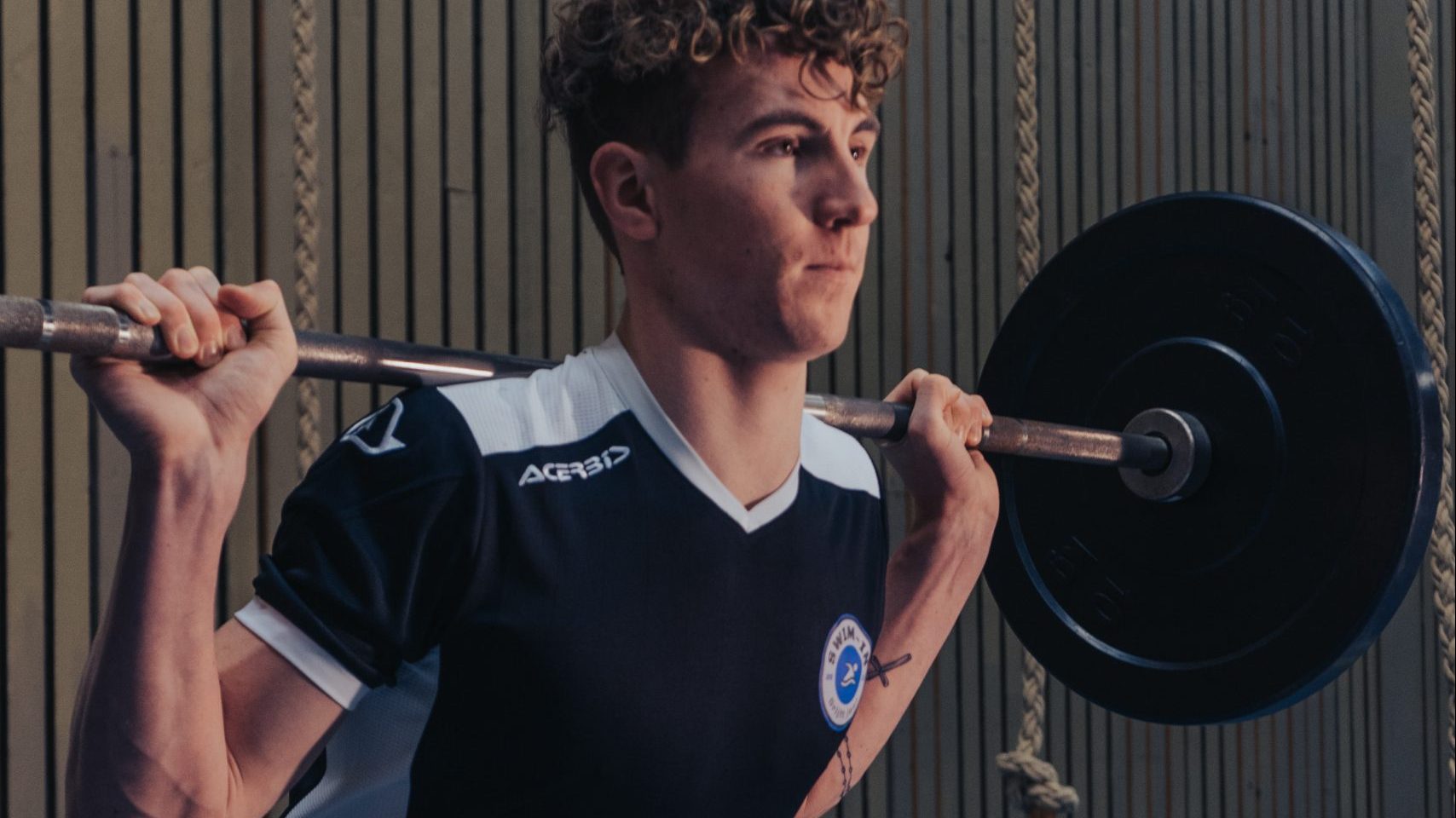
Mind muscle connection is defined as the ability to consciously contract individual muscles at will. One of the best ways to develop this is by squatting, as it requires you to deliberately use muscles across your entire body. Improved mind muscle connection will allow you to perform other exercises more effectively, as well as allowing for more precise movements in general.
Your self-image will get better

One surefire to improve the way you view yourself is to conquer challenges. Since squats are notoriously tough, forcing yourself to blast out reps will allow you to get used to the feeling of taking on a daunting task and not backing down, which will boost your overall self-esteem. As a bonus, you’ll get the satisfaction of seeing your strength improving week after week.
You will burn fat
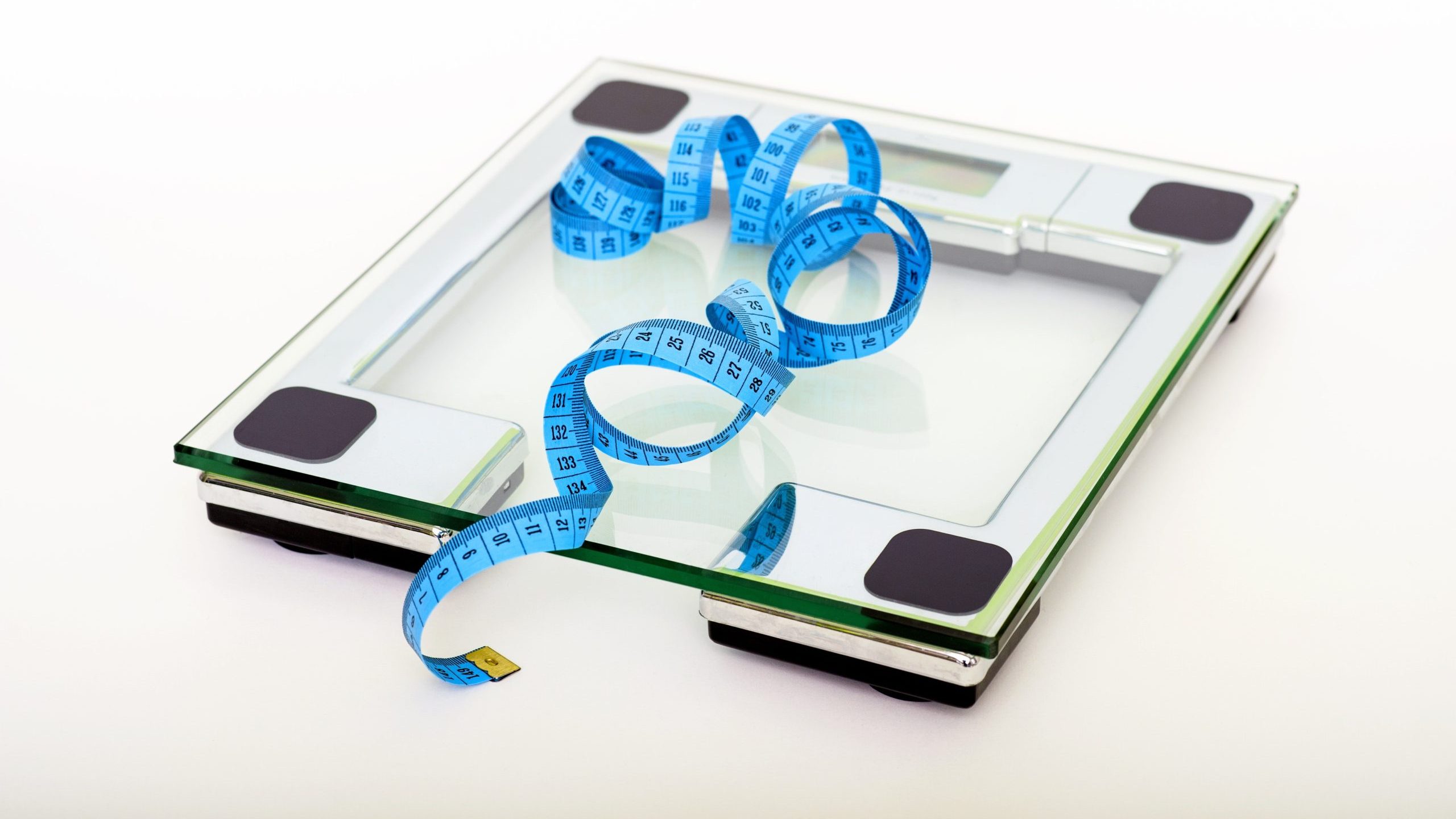
Most people think of squats as an exercise for building size and strength in the legs, but – while they certainly can help with these goals – they’re also one of the single best ways to burn fat. Because squats require muscles throughout your entire body to work extremely hard, they absolutely torch calories and rev your metabolism up, enabling you to burn fat for hours afterwards.
Squats may be good for the brain
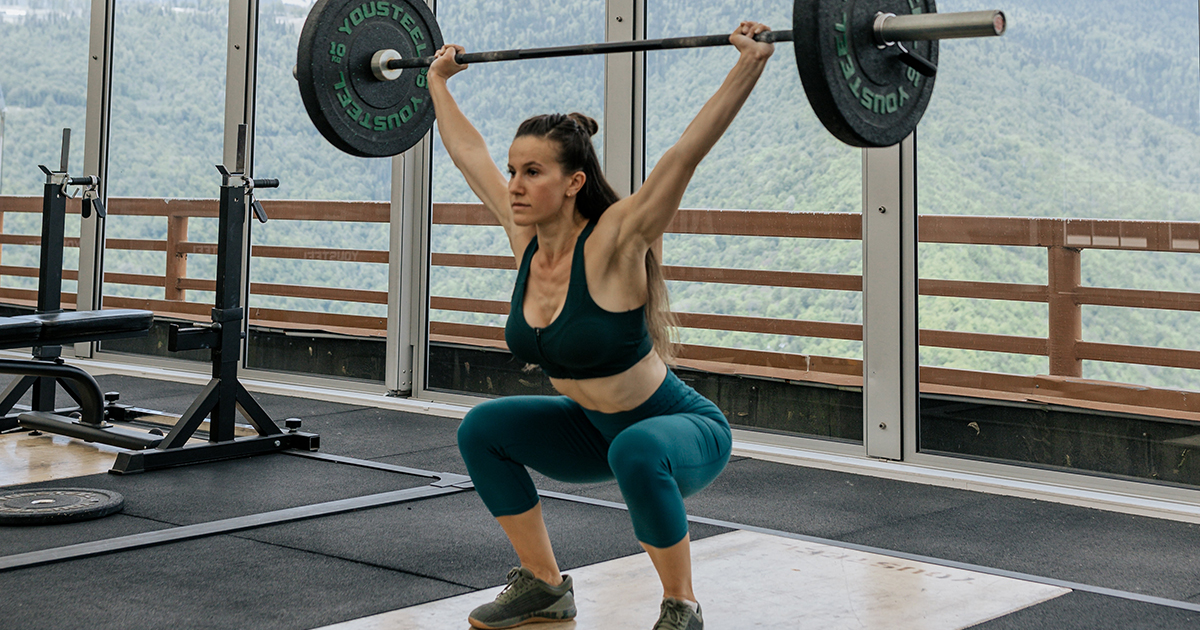
Exercise is good for the brain as well as the body, and there is evidence to suggest that squats are particularly beneficial in that department. One study published in 2015 found that those with greater strength in their legs had a healthier brain structure, and brains that showed fewer signs of ageing.
Your overall strength and fitness will improve
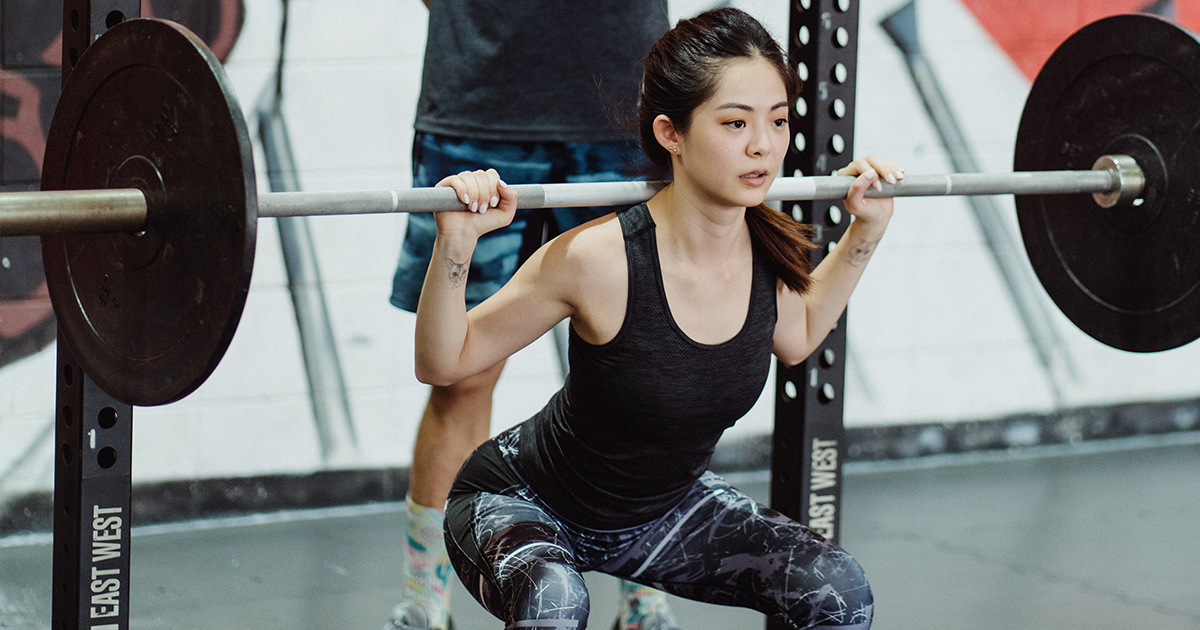
While at a glance squats may seem to serve only to build up the legs and glutes, they are in fact invaluable to our overall strength and fitness throughout the entire body. The exercise promotes functional strength and density in our bones, which will help keep us mobile as we age and may help us live a longer life.
You’ll be more motivated to keep exercising
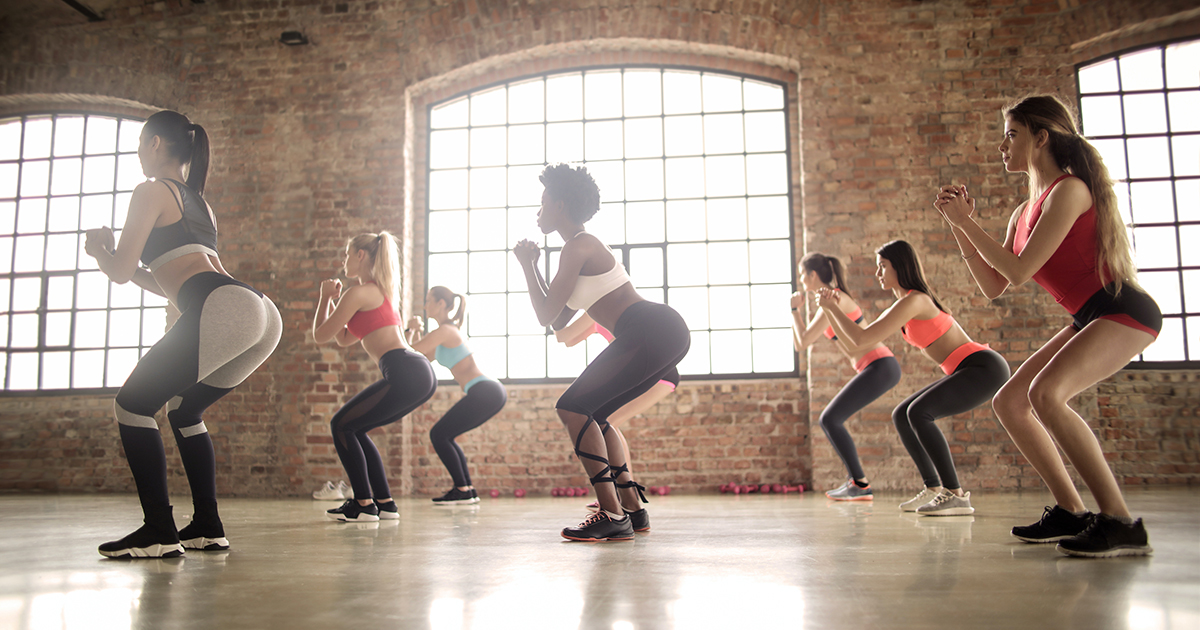
Few things derail an exercise regimen like boredom. Doing the exact same moves every day gets old quickly. A big advantage of squats is the number of different forms they can take: as well as variations on the basic move, they can be performed with a barbell, dumbbells, kettlebells or exercise bands, or just your own bodyweight. This variety helps keep things fresh and interesting.
You may lose weight
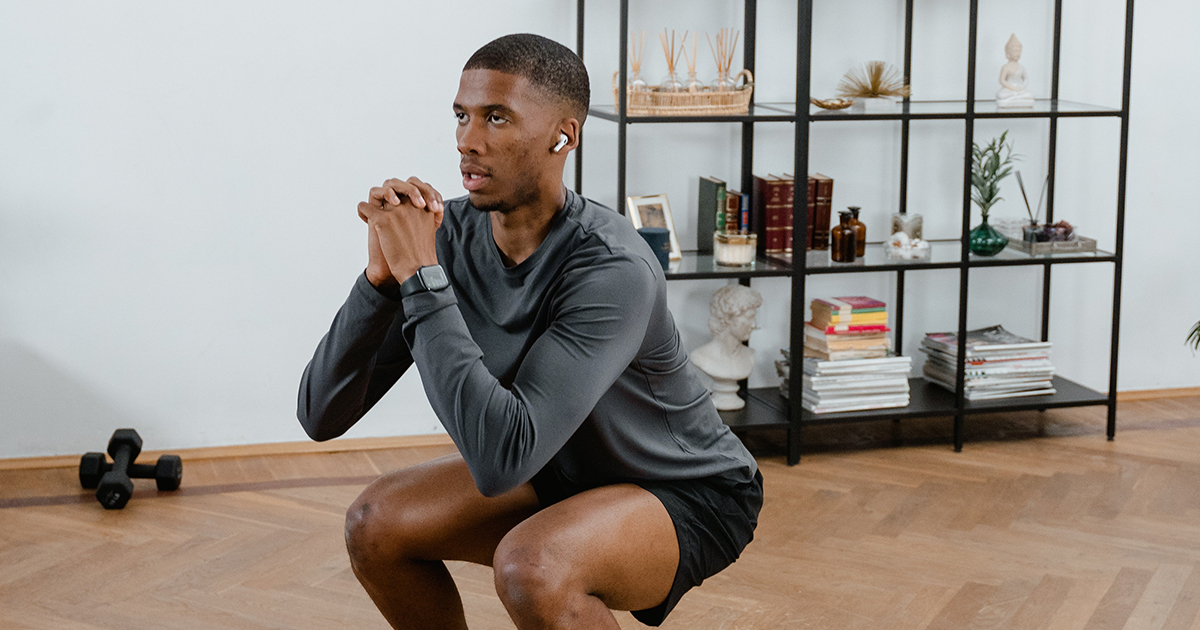
The fact that squats can help us burn more calories means that they can also prove helpful for those of us trying to lose weight. Just keep in mind that squats alone won’t do it: you need to be sure to do a variety of exercises working the entire body, and be sure to follow a healthy diet taking in less calories than you burn.
Regular activities will become easier
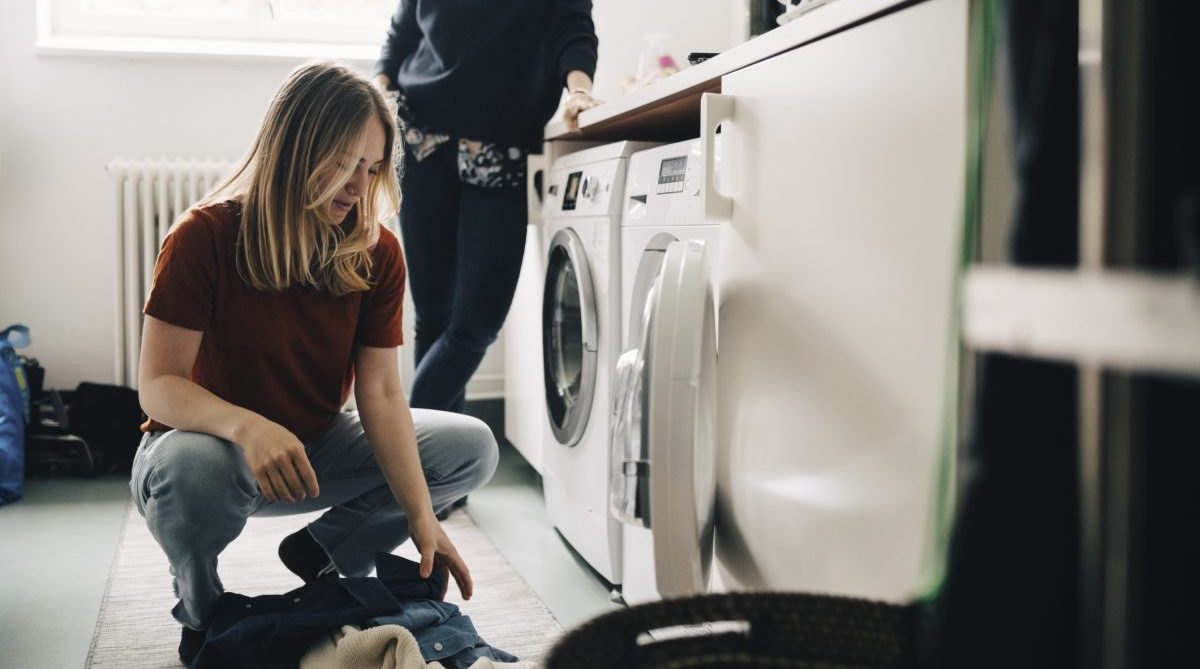
Functional exercises help you perform real-life activities, as opposed to the isolation movements you typically find in a gym. Squats are one of the best functional exercises, as they mimic how humans stood and moved during the hunter-gatherer days. When you perform squats, your body becomes more efficient and balanced. This means that your muscles work more efficiently and you will move more easily in real-world situations.
They may increase brain power
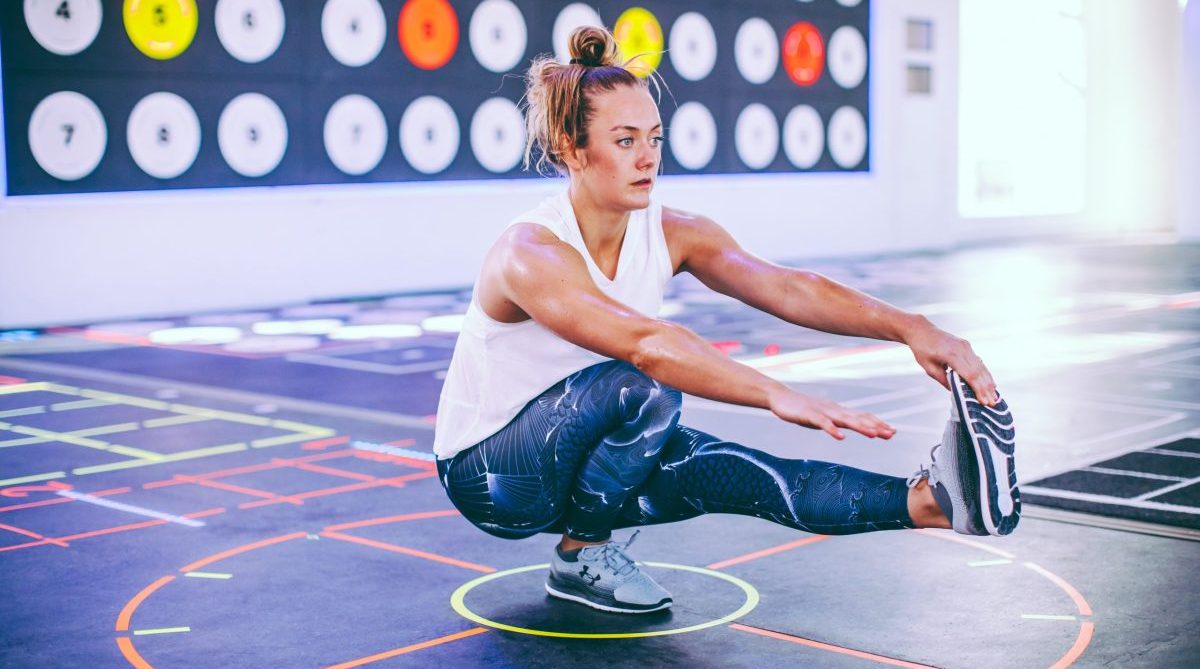
Exercising your lower body is a good way to boost your brainpower. A recent study in Gerontology (a journal about aging) found that people who had more leg power when they were younger tended to have fewer signs of brain aging, as measured by functional MRI scans, and healthier brain structure 12 years later.
Your confidence will increase
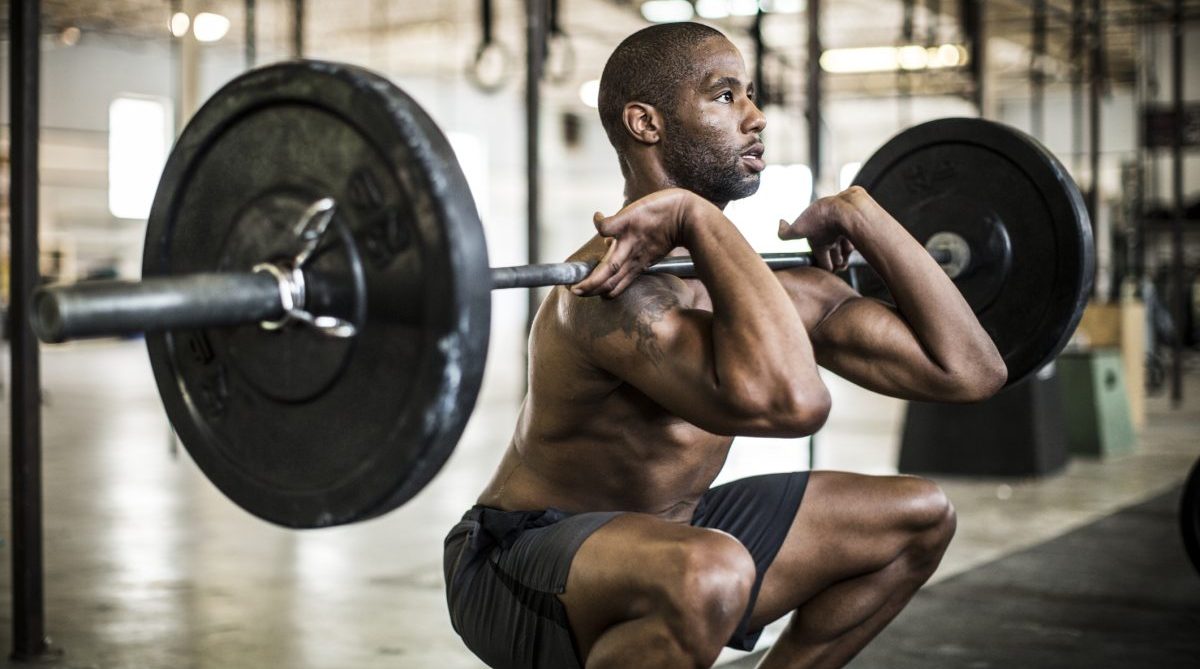
Weighted squats can be dangerous, so you need the confidence to do them. As you add more weight to the barbell, your confidence will grow. If you can handle a weighted squat, then a heavy deadlift is no sweat.
You will become emotionally stronger
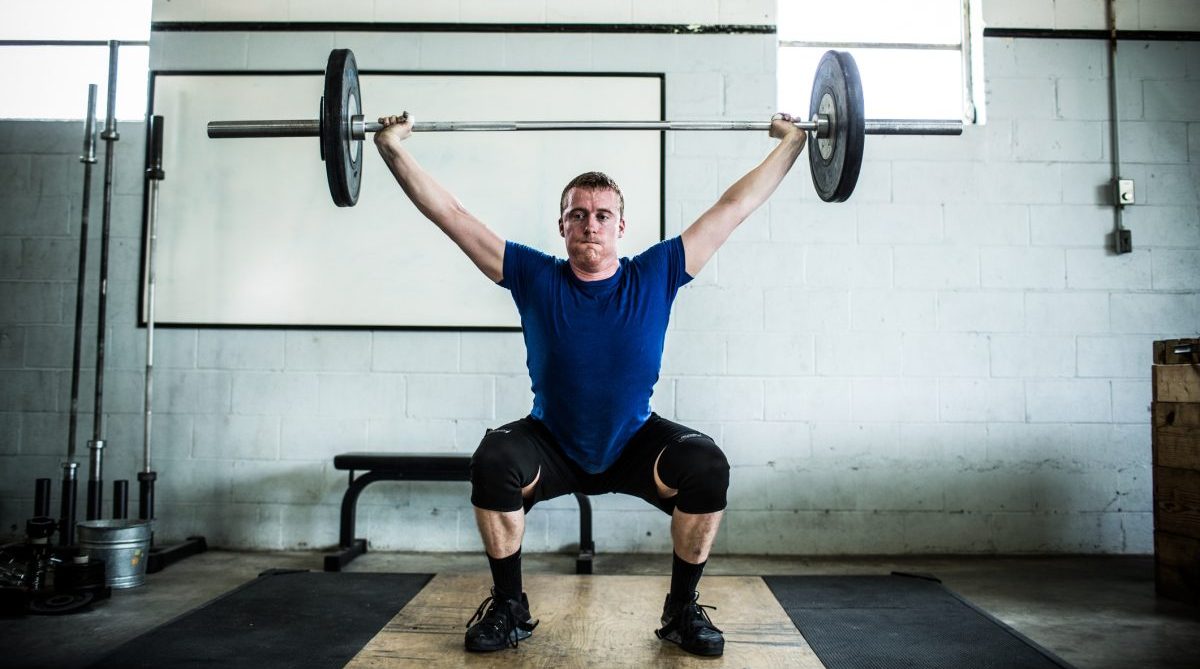
Squats can help you gain emotional strength. As you build up your physical strength through squats, you’ll also become more confident about dealing with the challenges of life. When you have greater body strength, you can do more things. You have more energy and confidence in yourself. This helps you deal with any kind of problem in your life.
Your overall athletic performance will improve
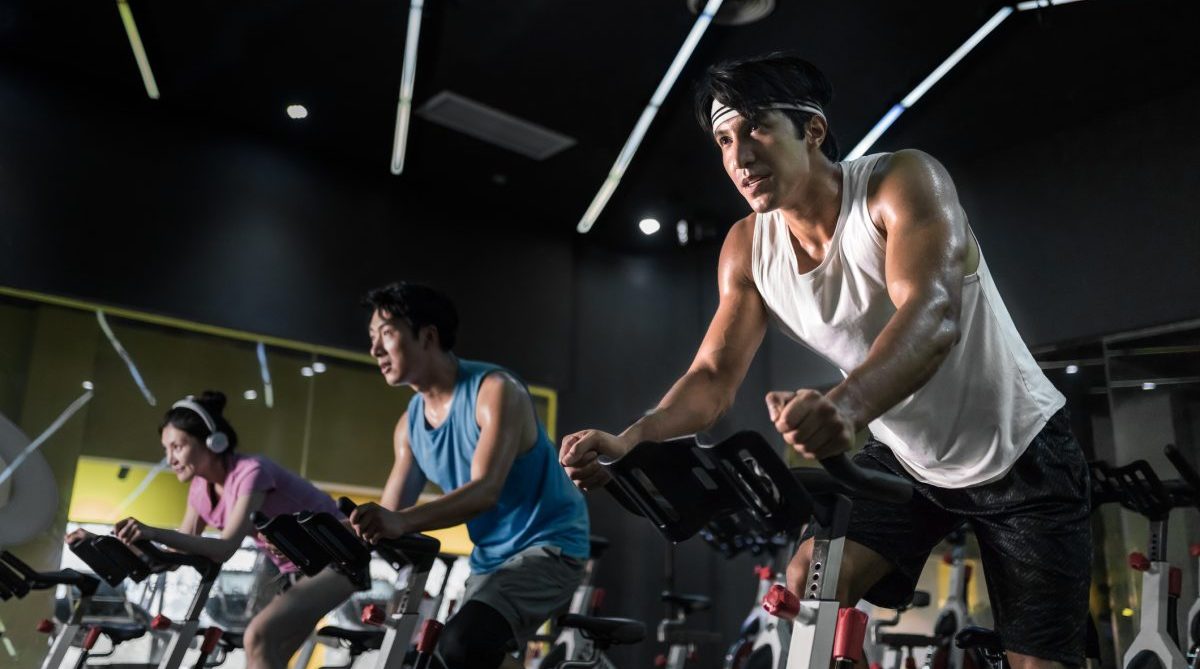
Powerlifters, runners, cyclists and many other athletes rely on their legs for power. Squats are a popular exercise among athletes of all kinds because they strengthen the leg muscles. For sprinters, especially those involved in the high jump or long jump, squats are an essential part of their training. They need to be able to rebound quickly, and jumping out of a squat helps them do this.